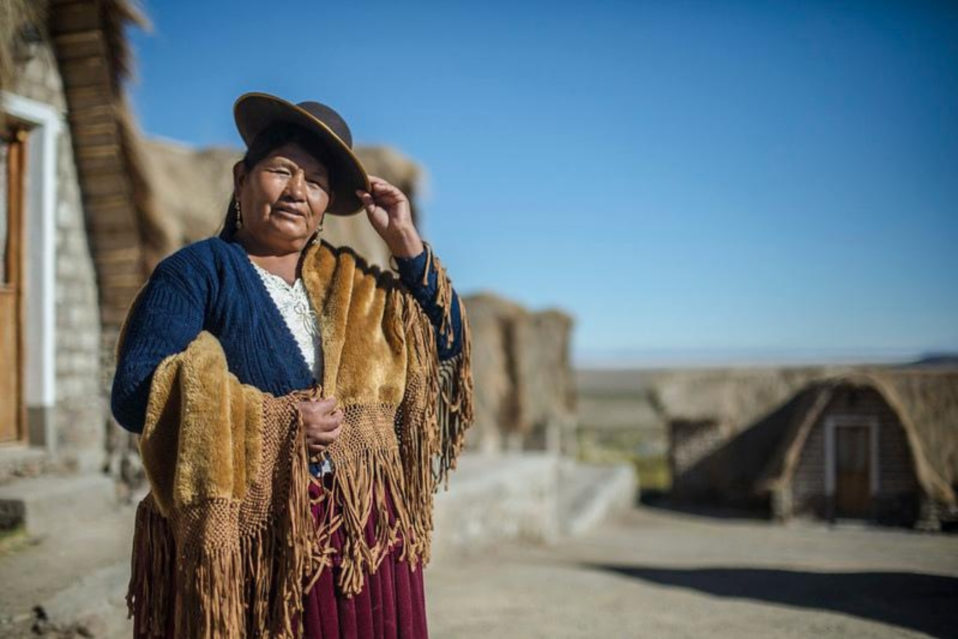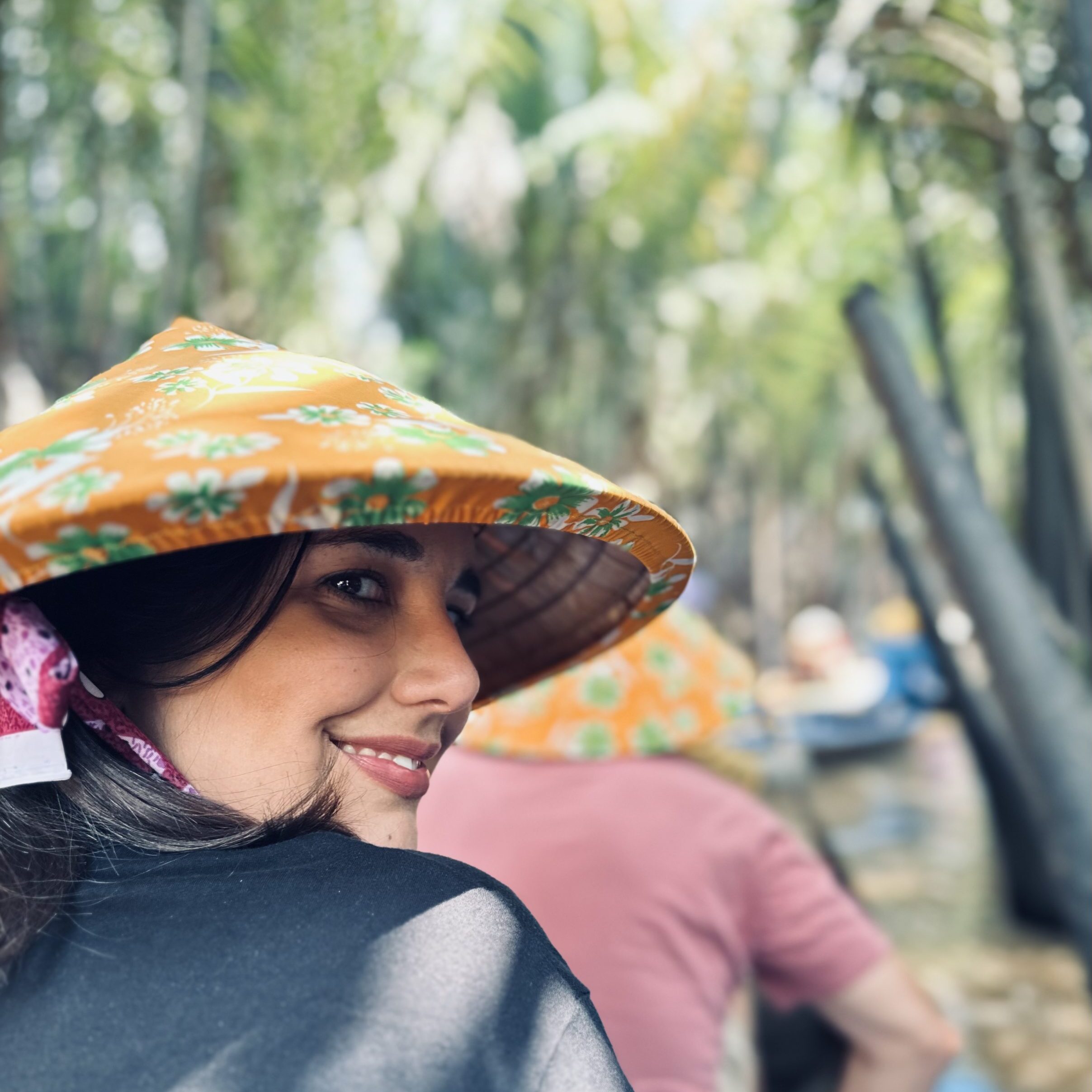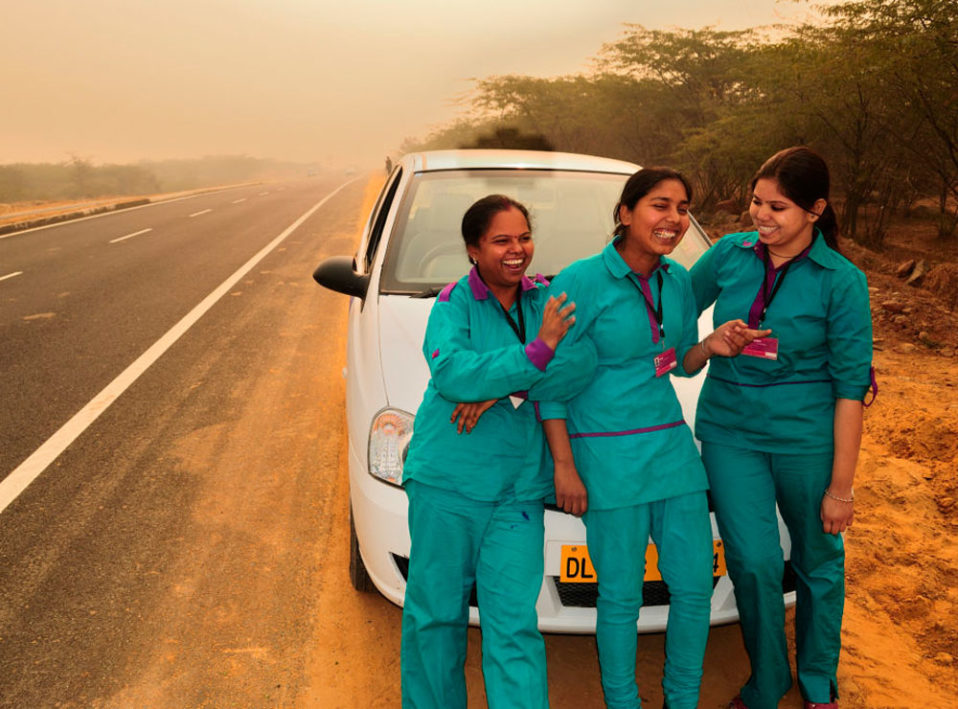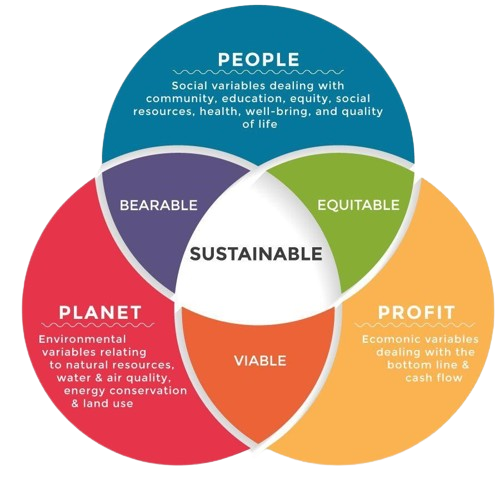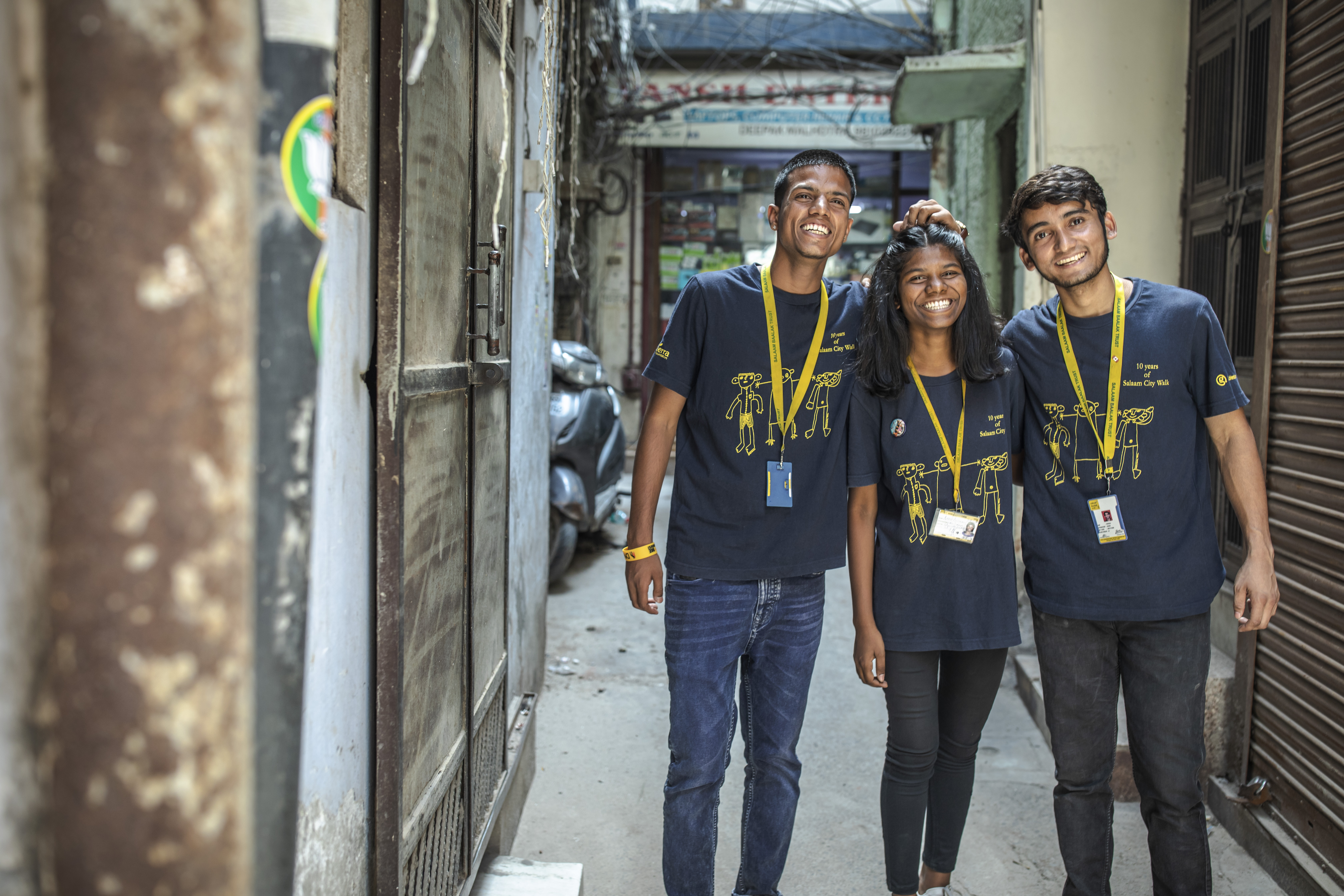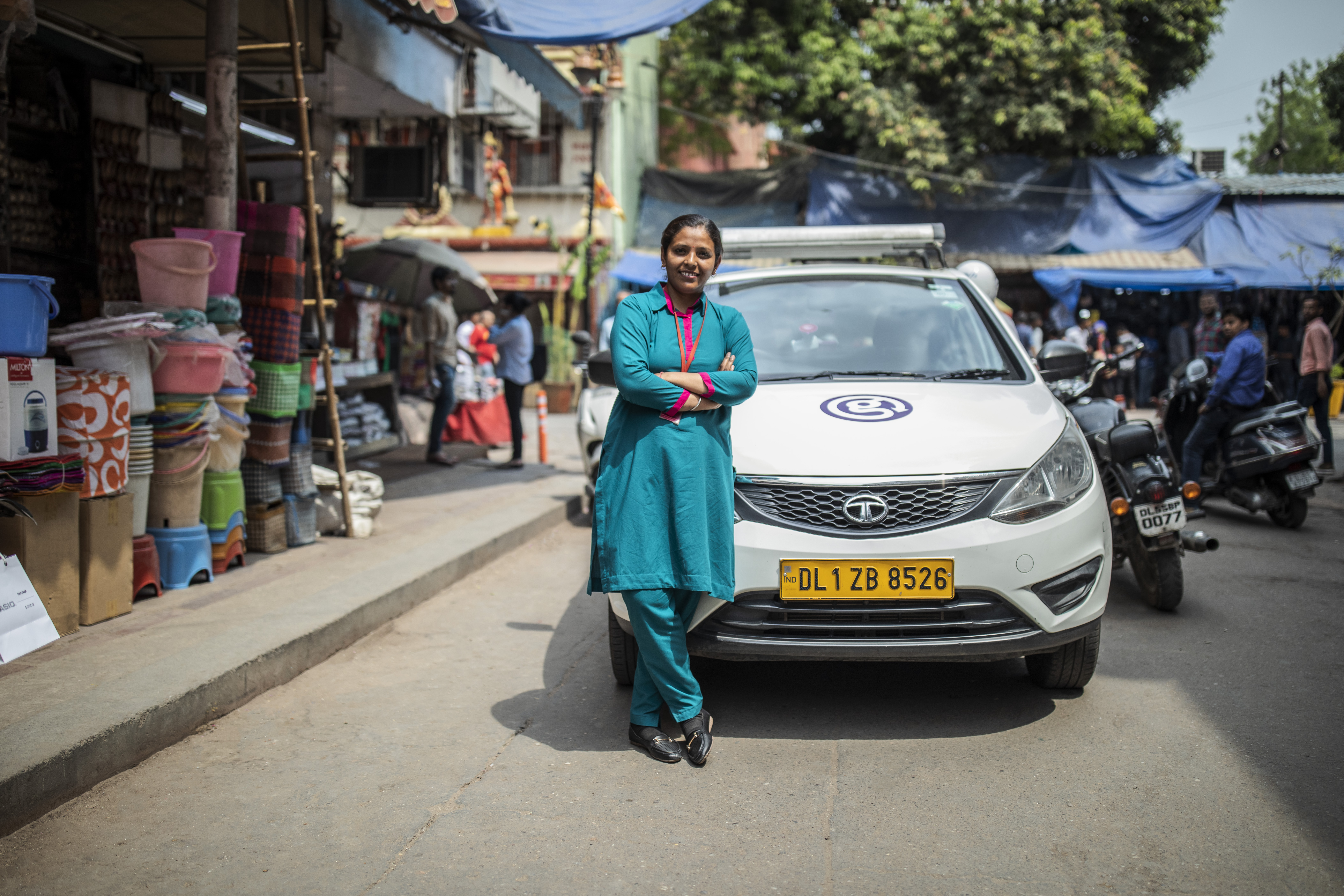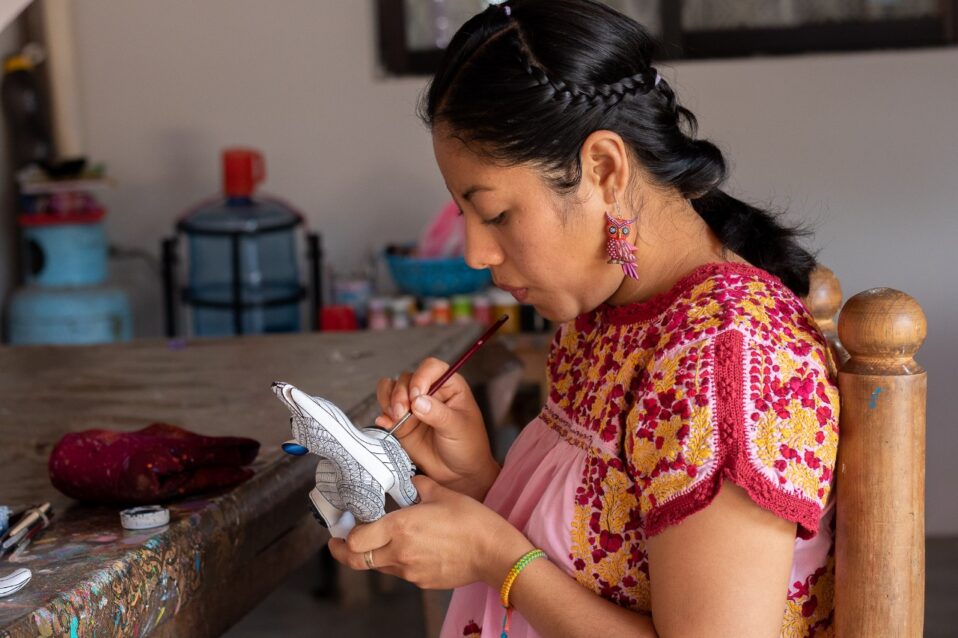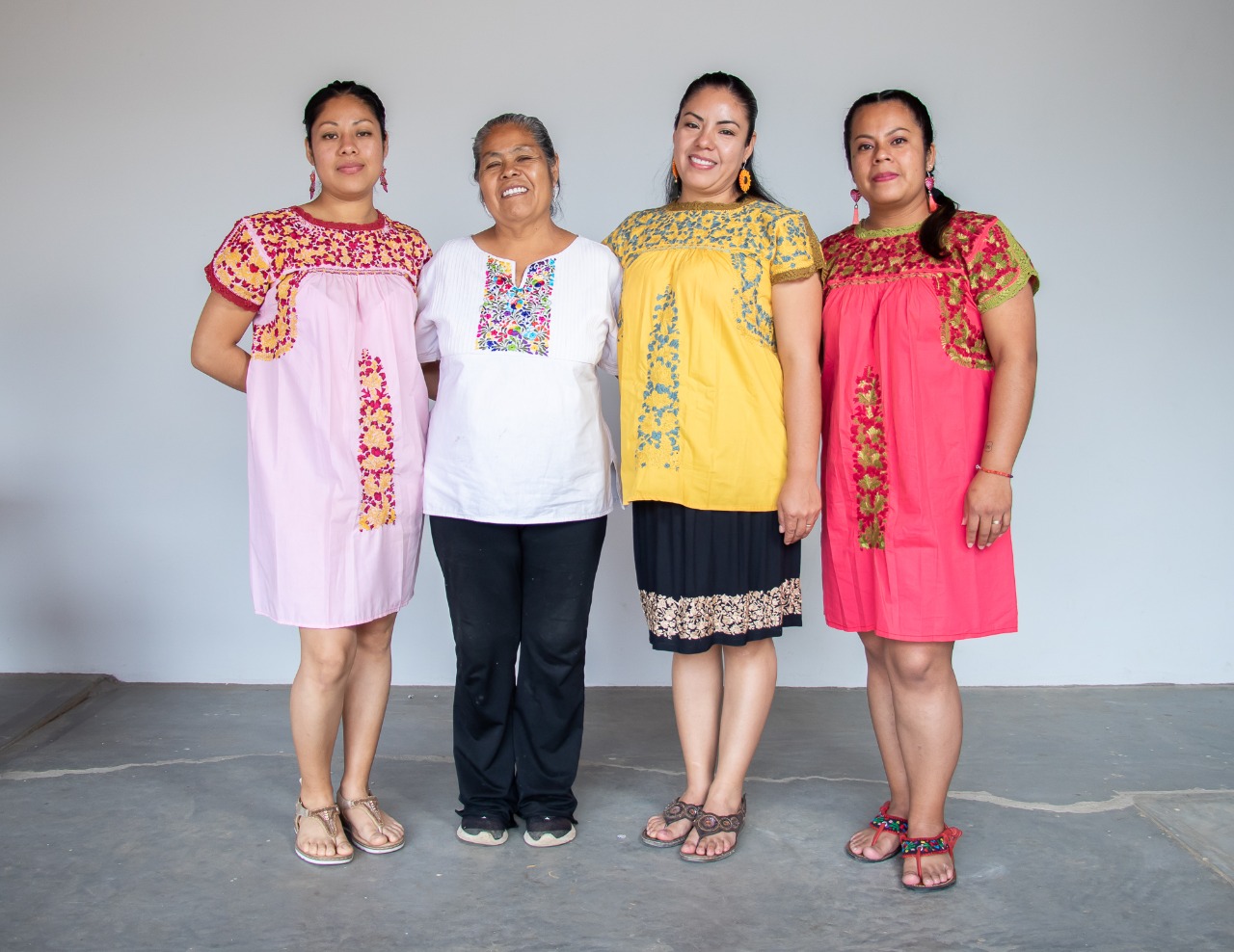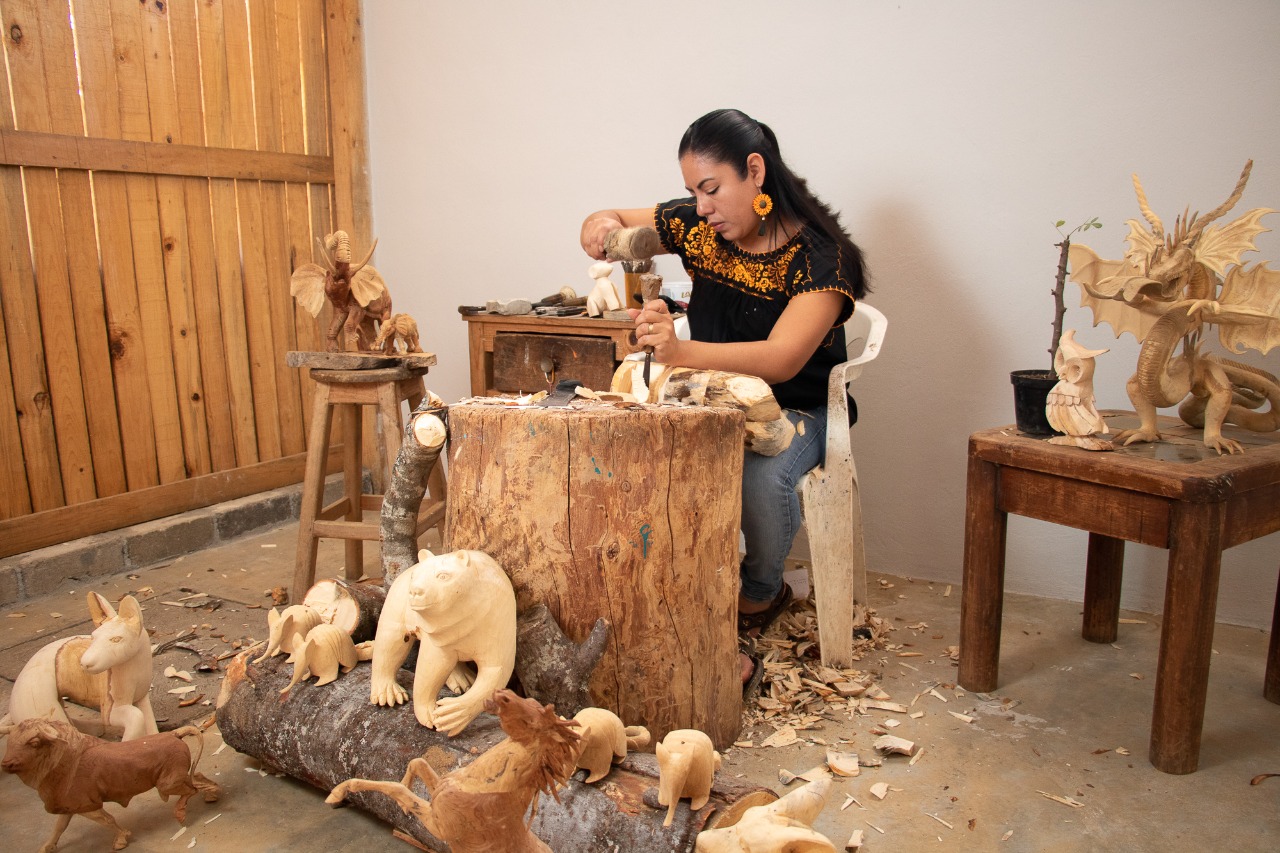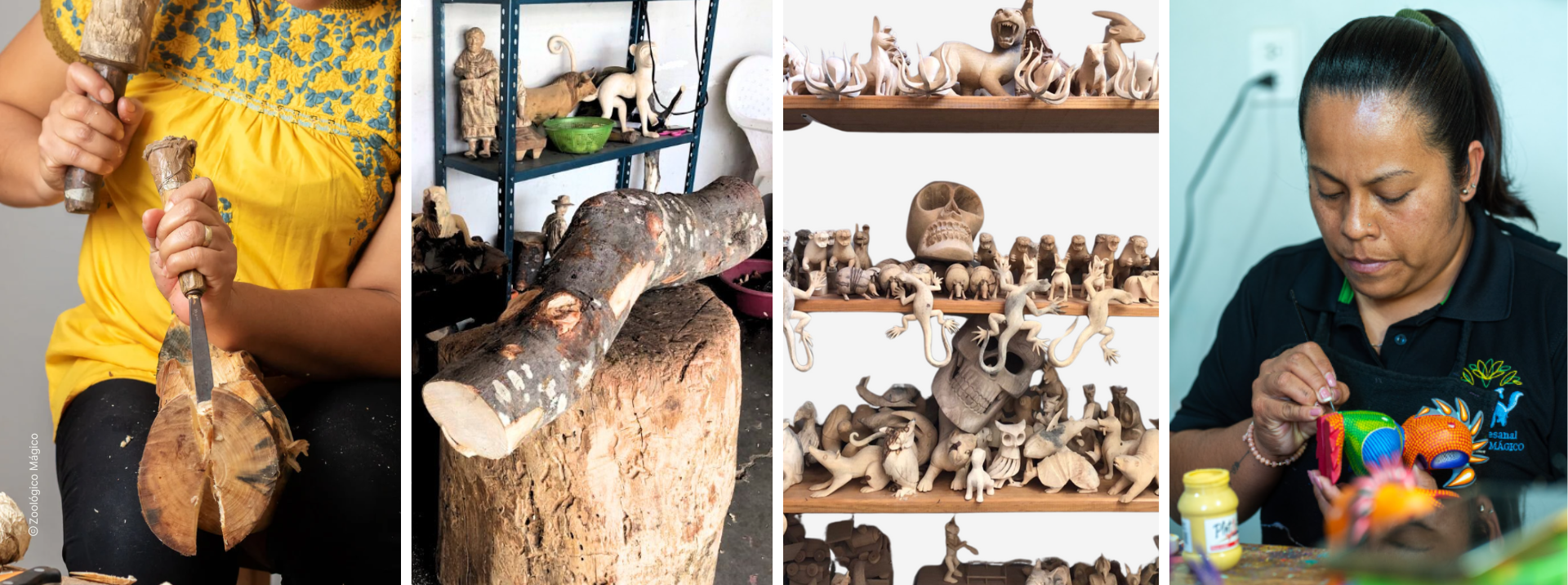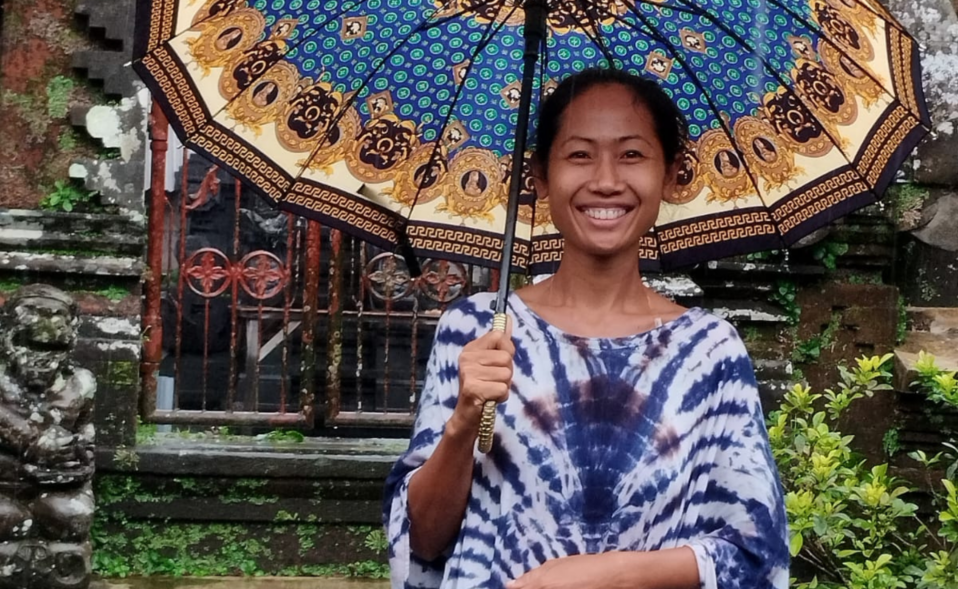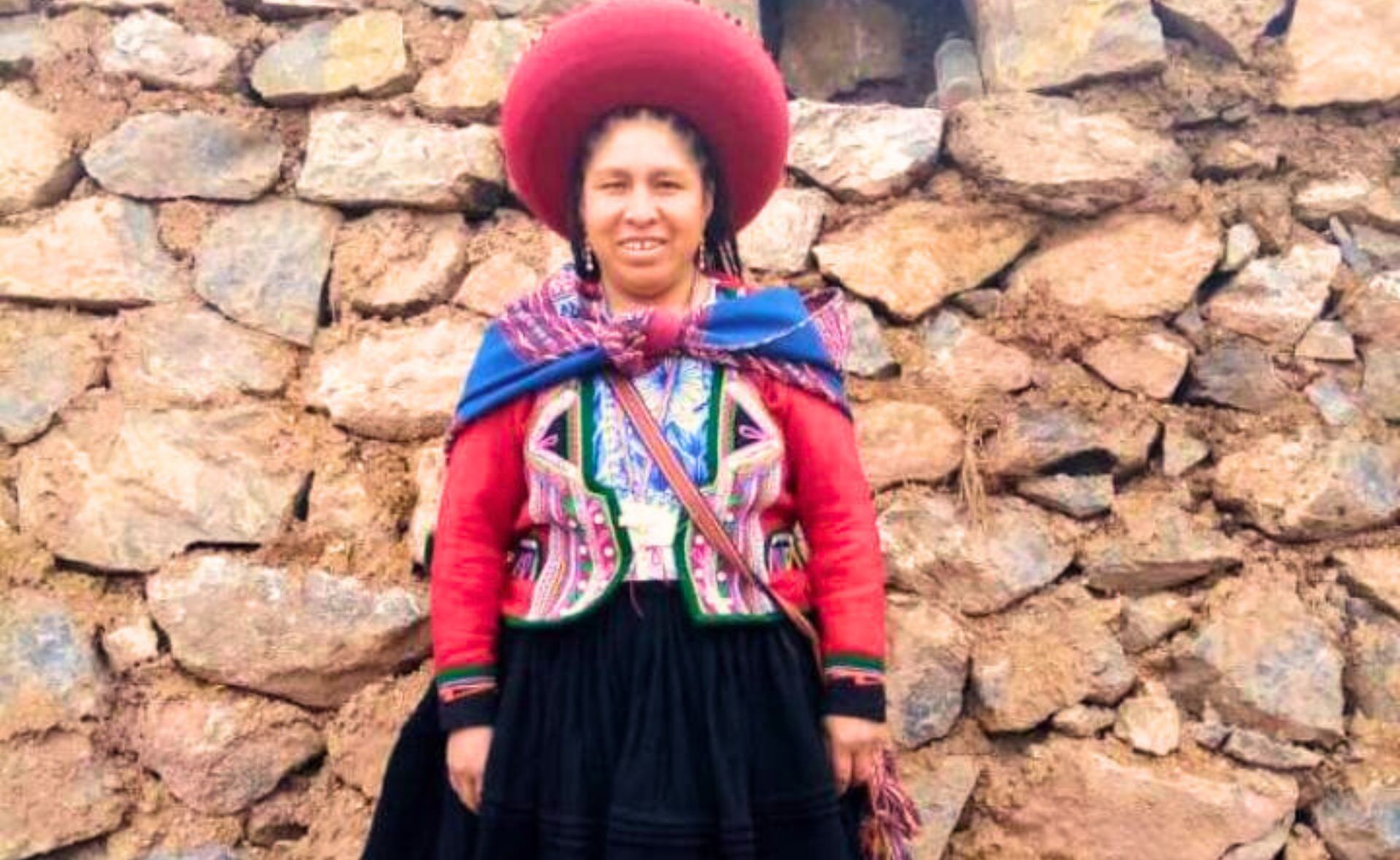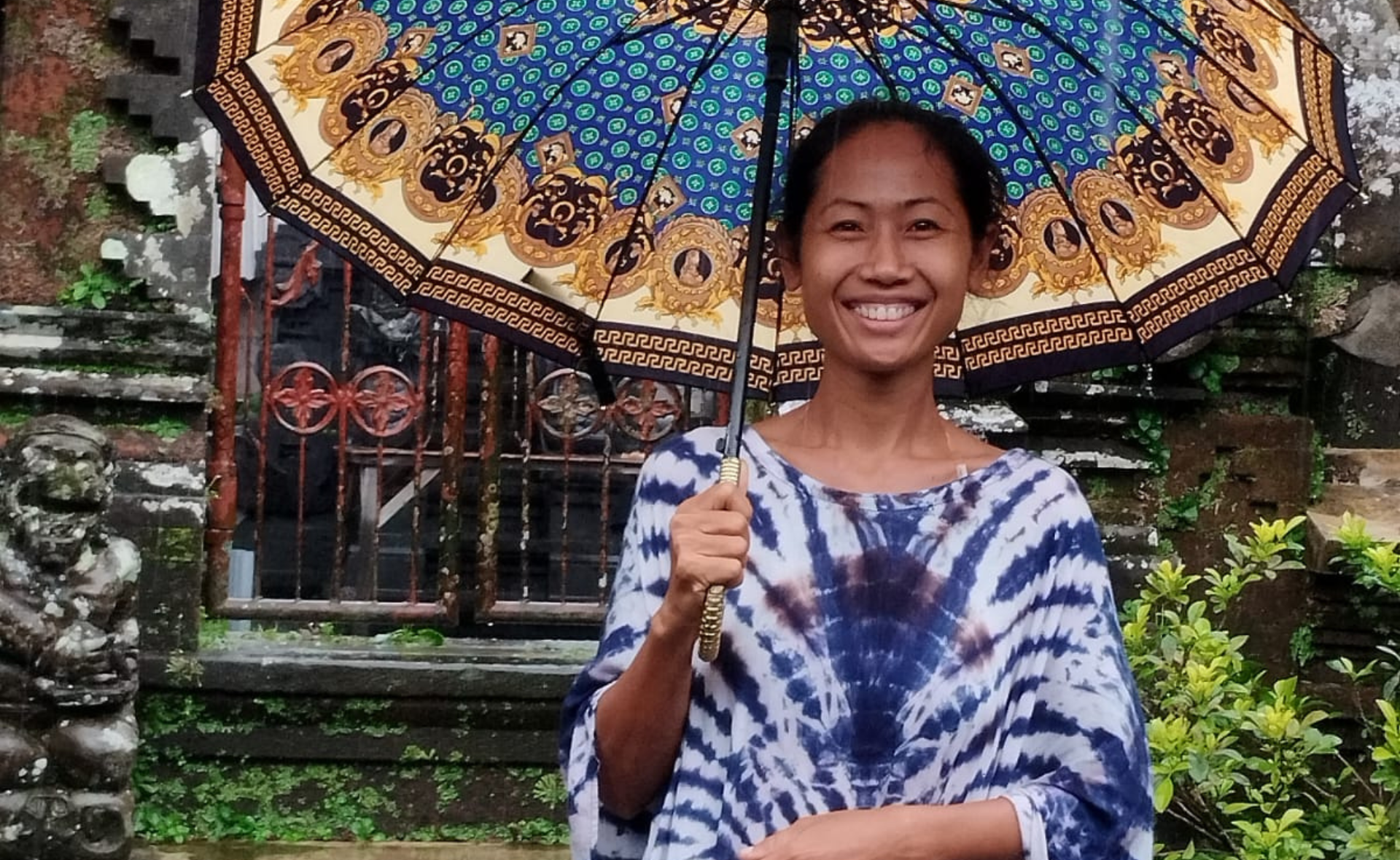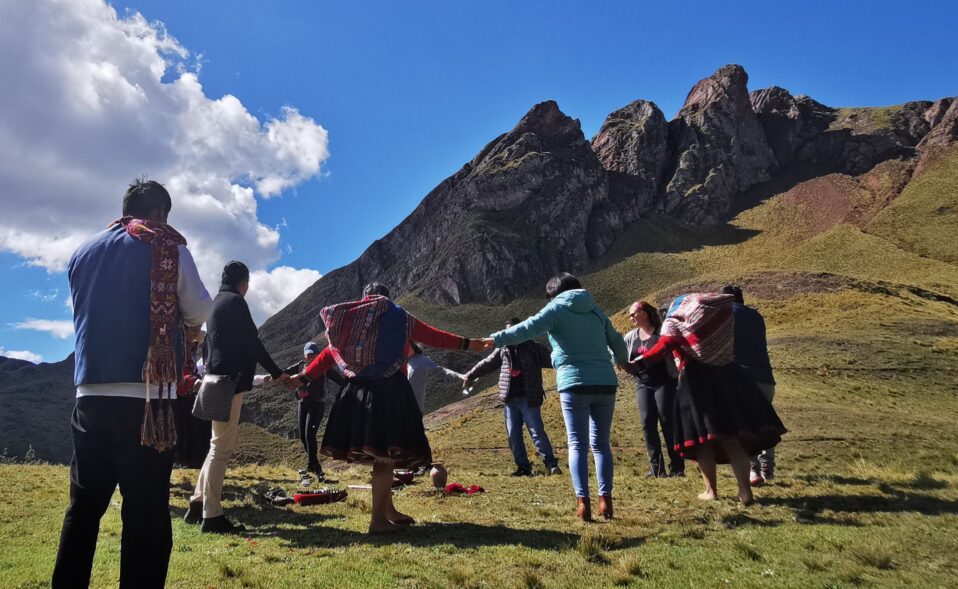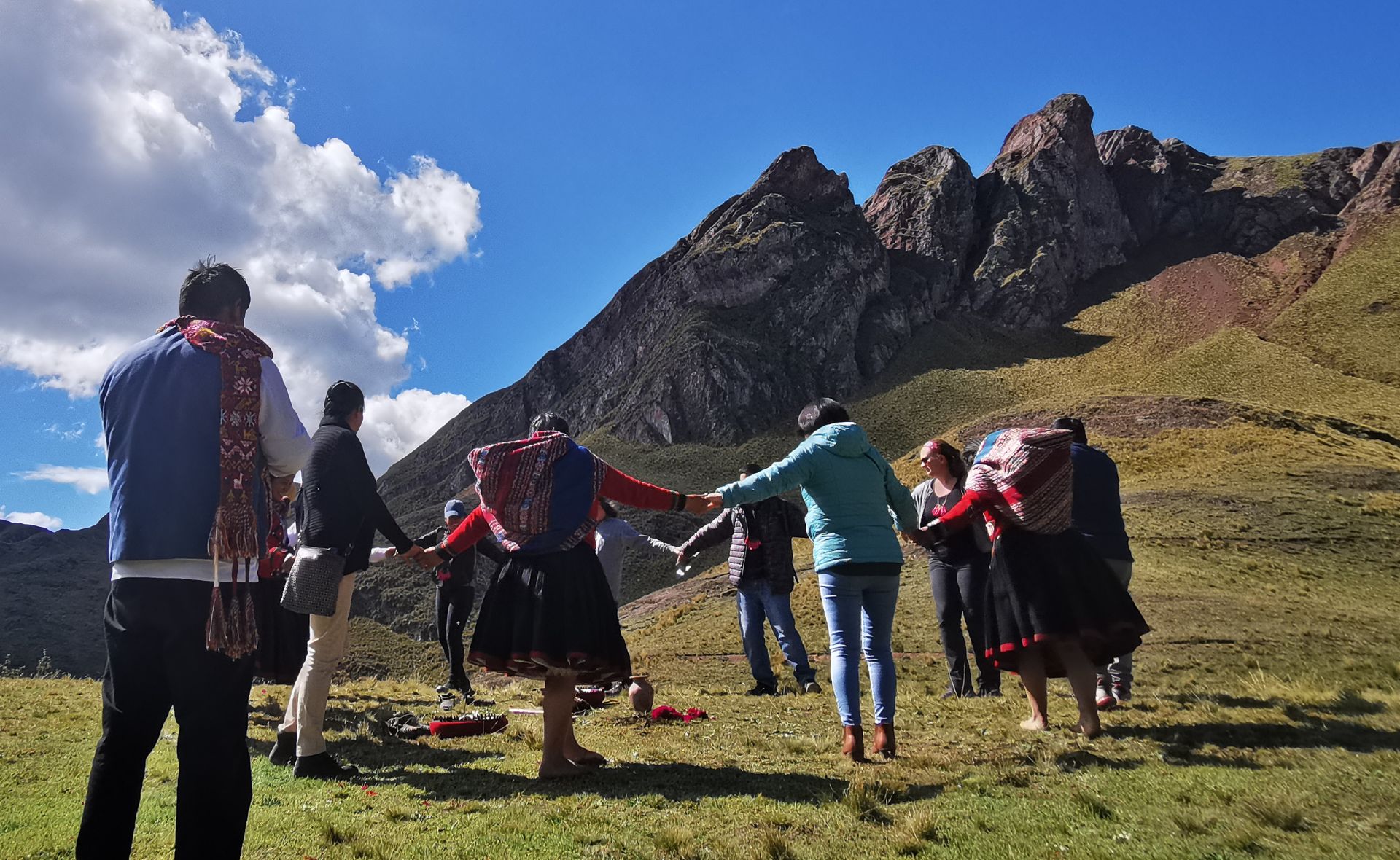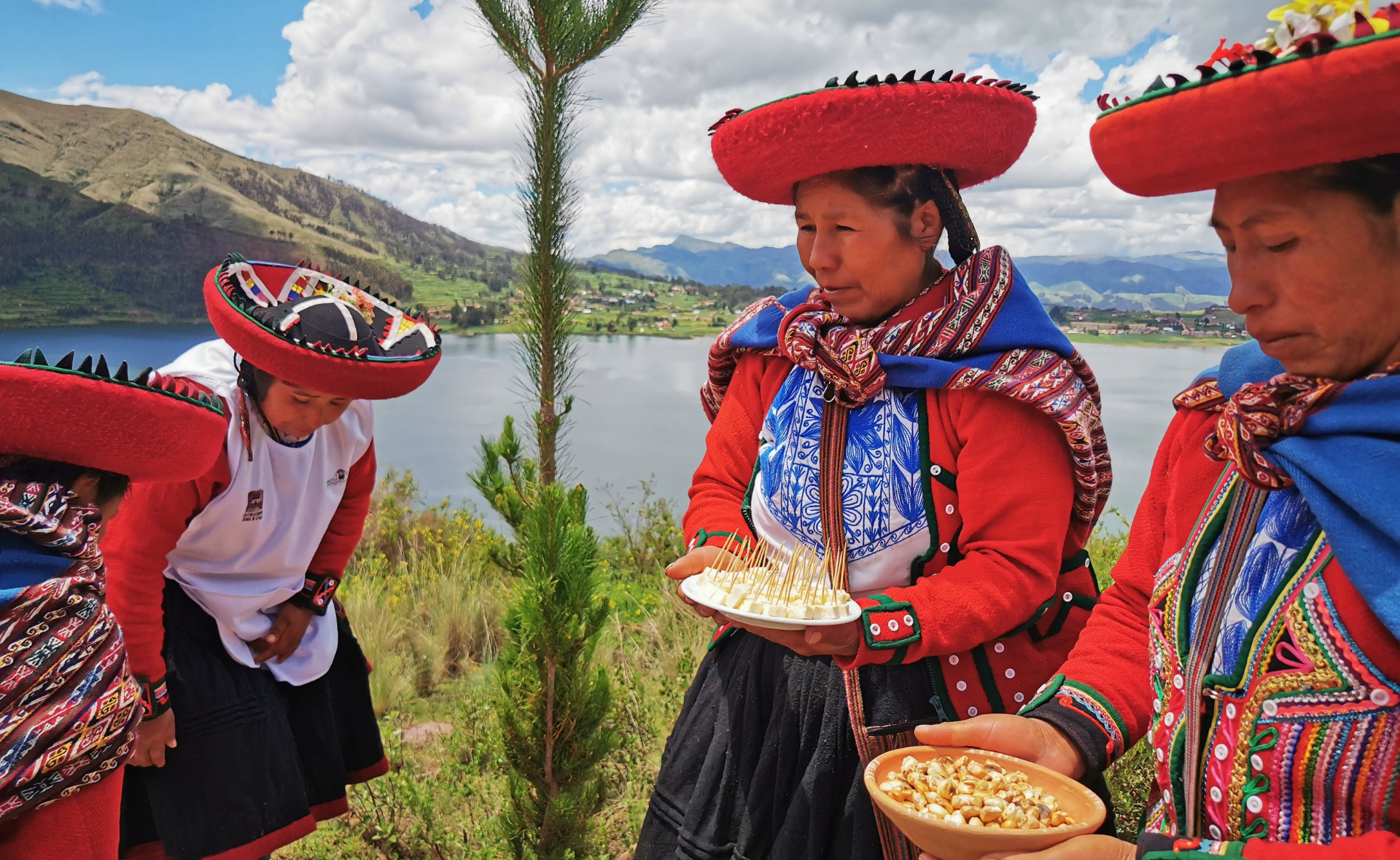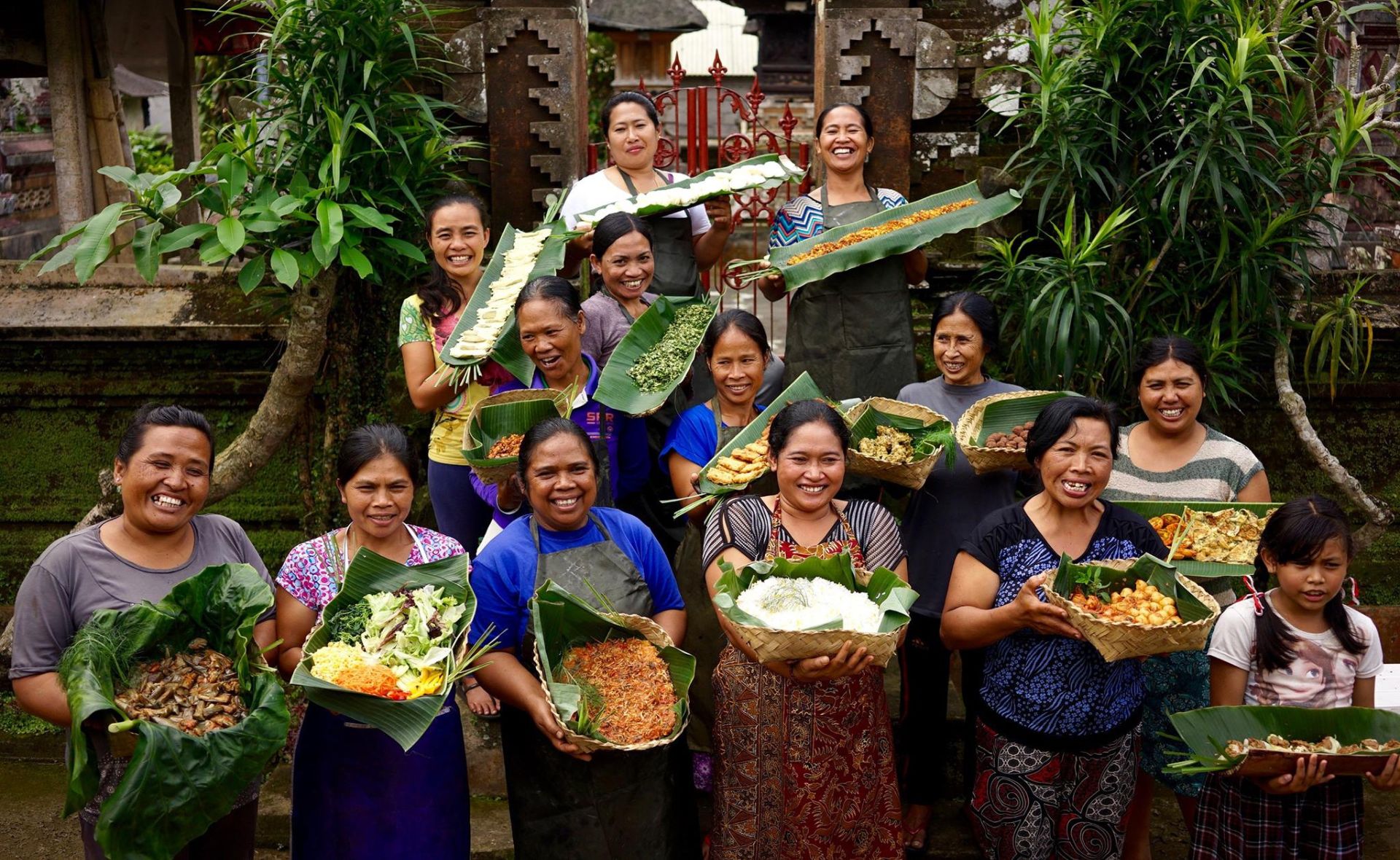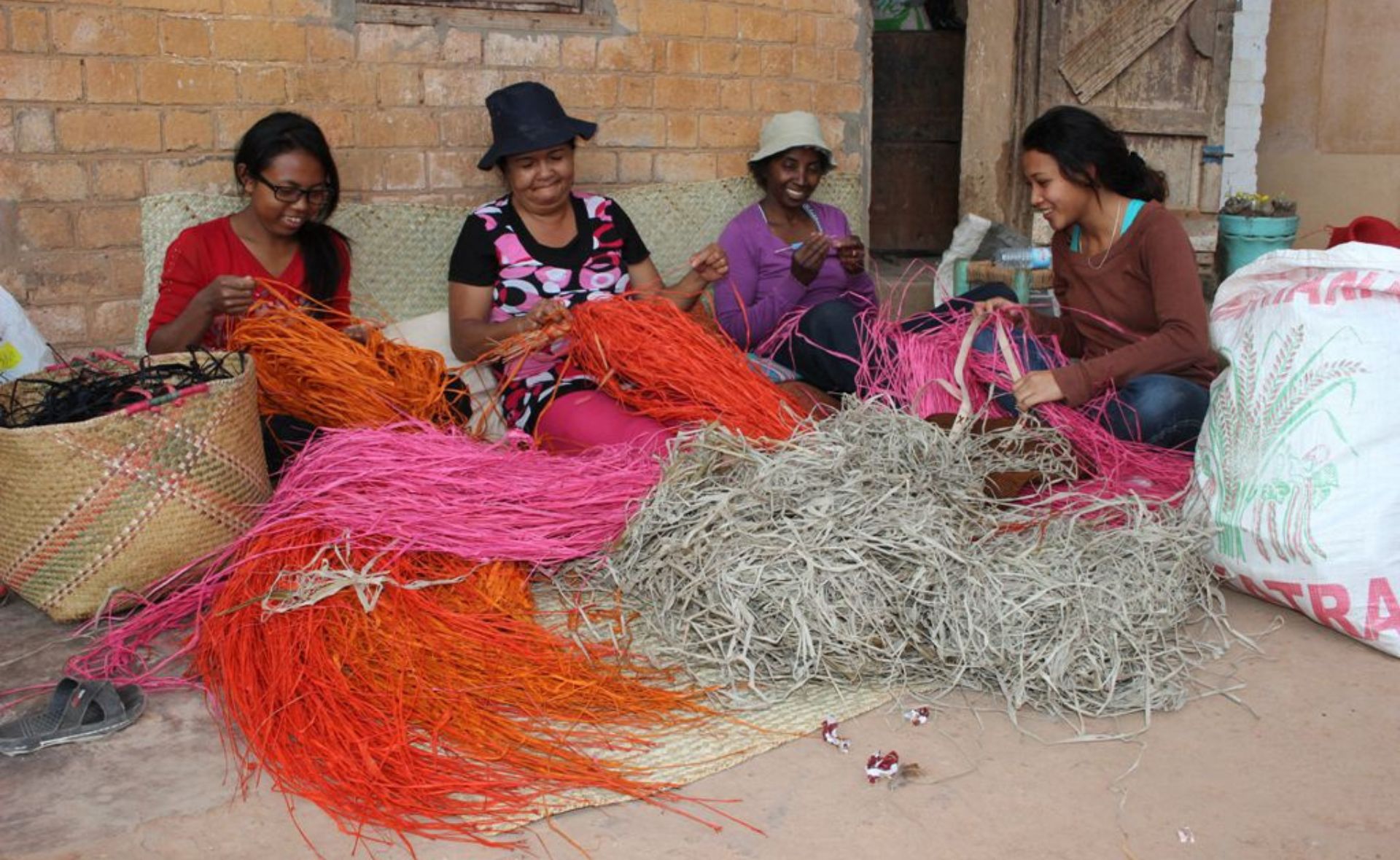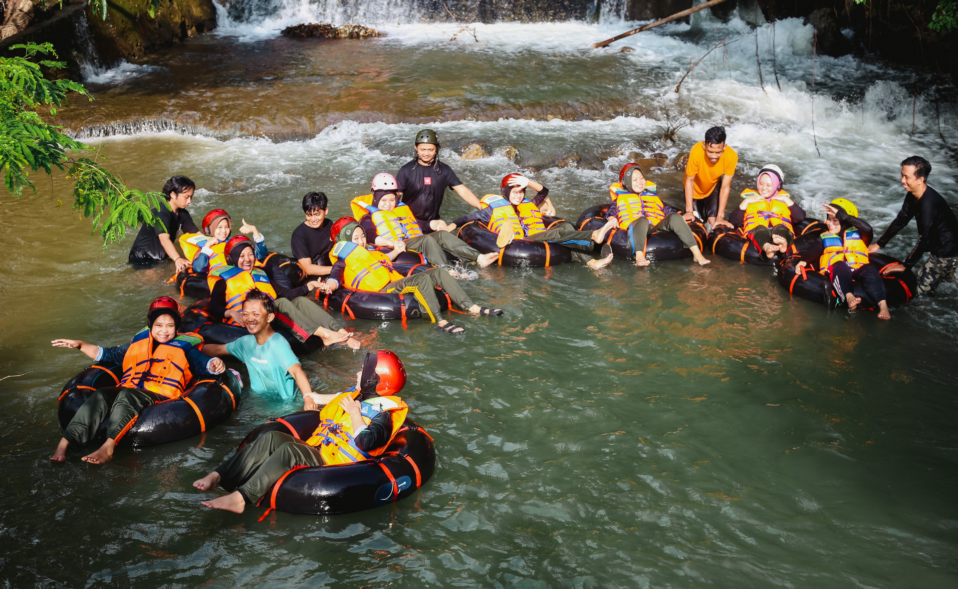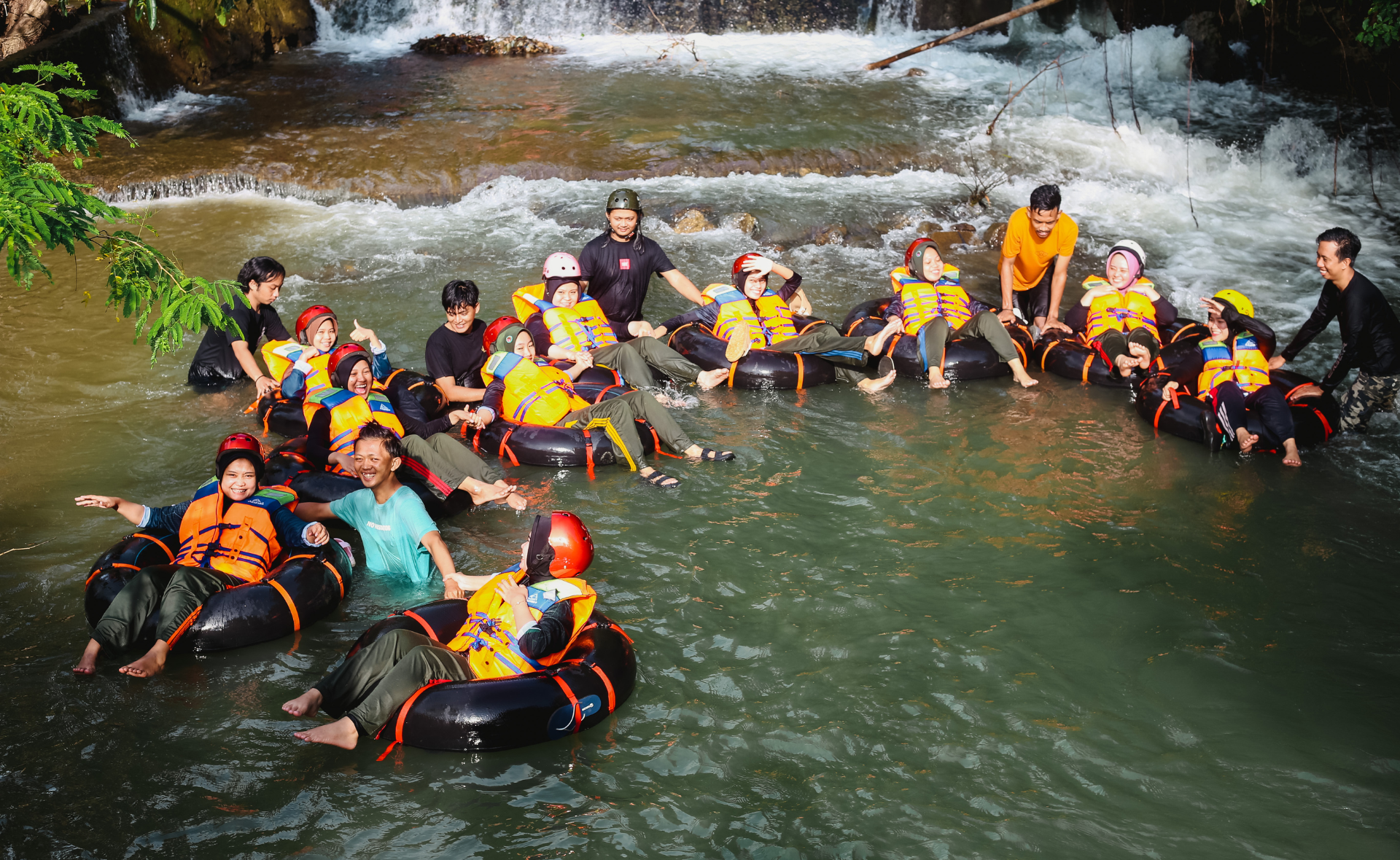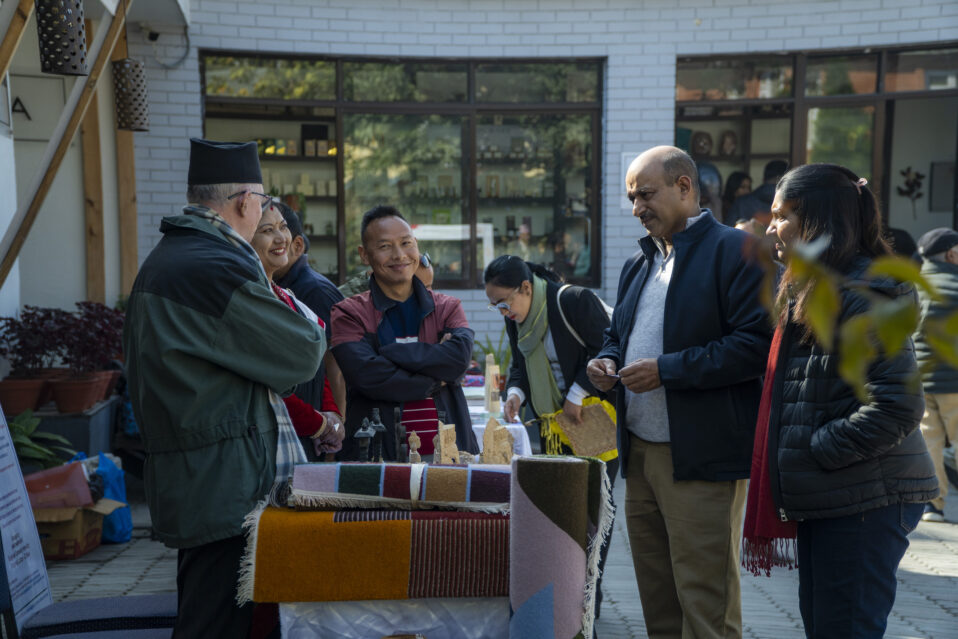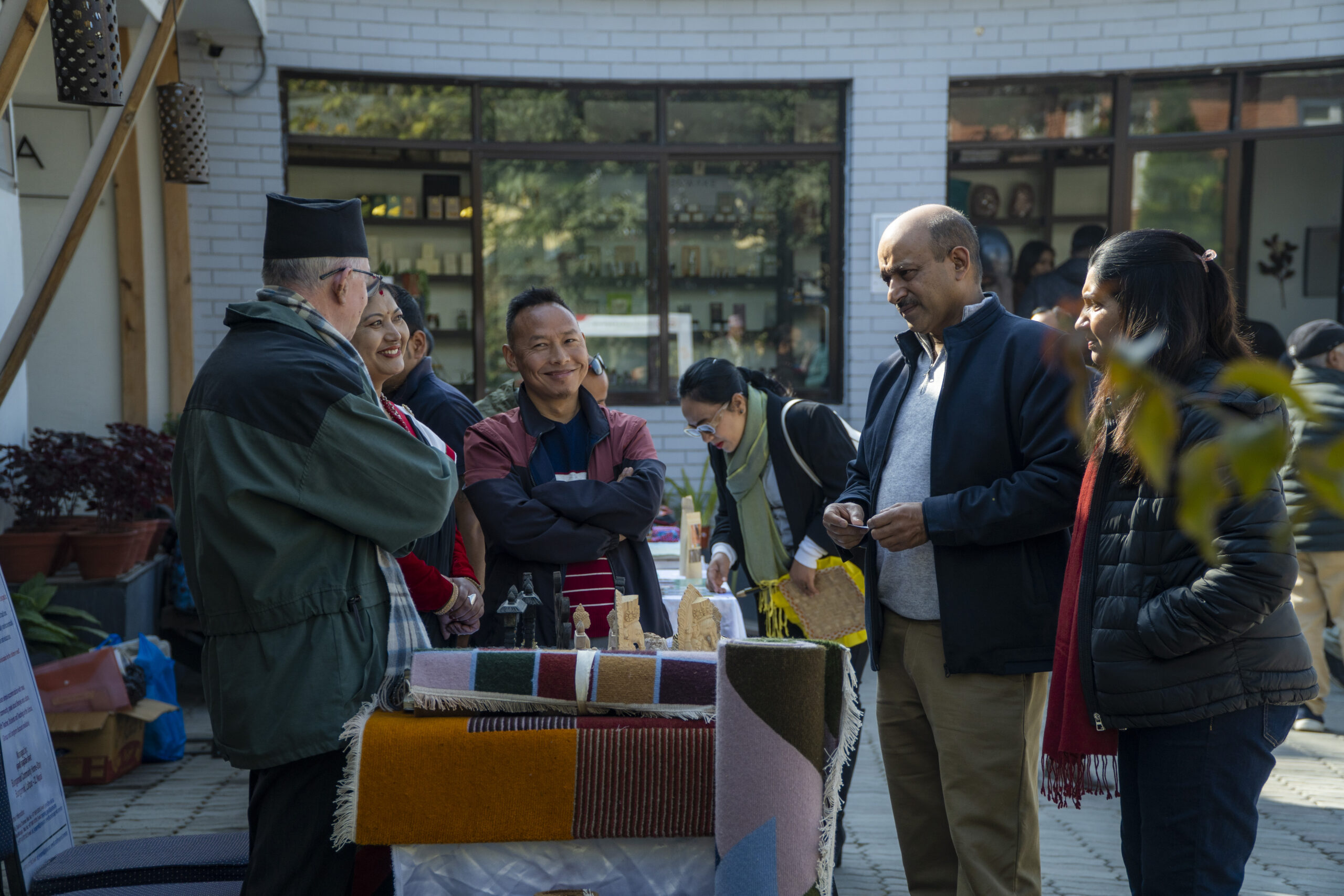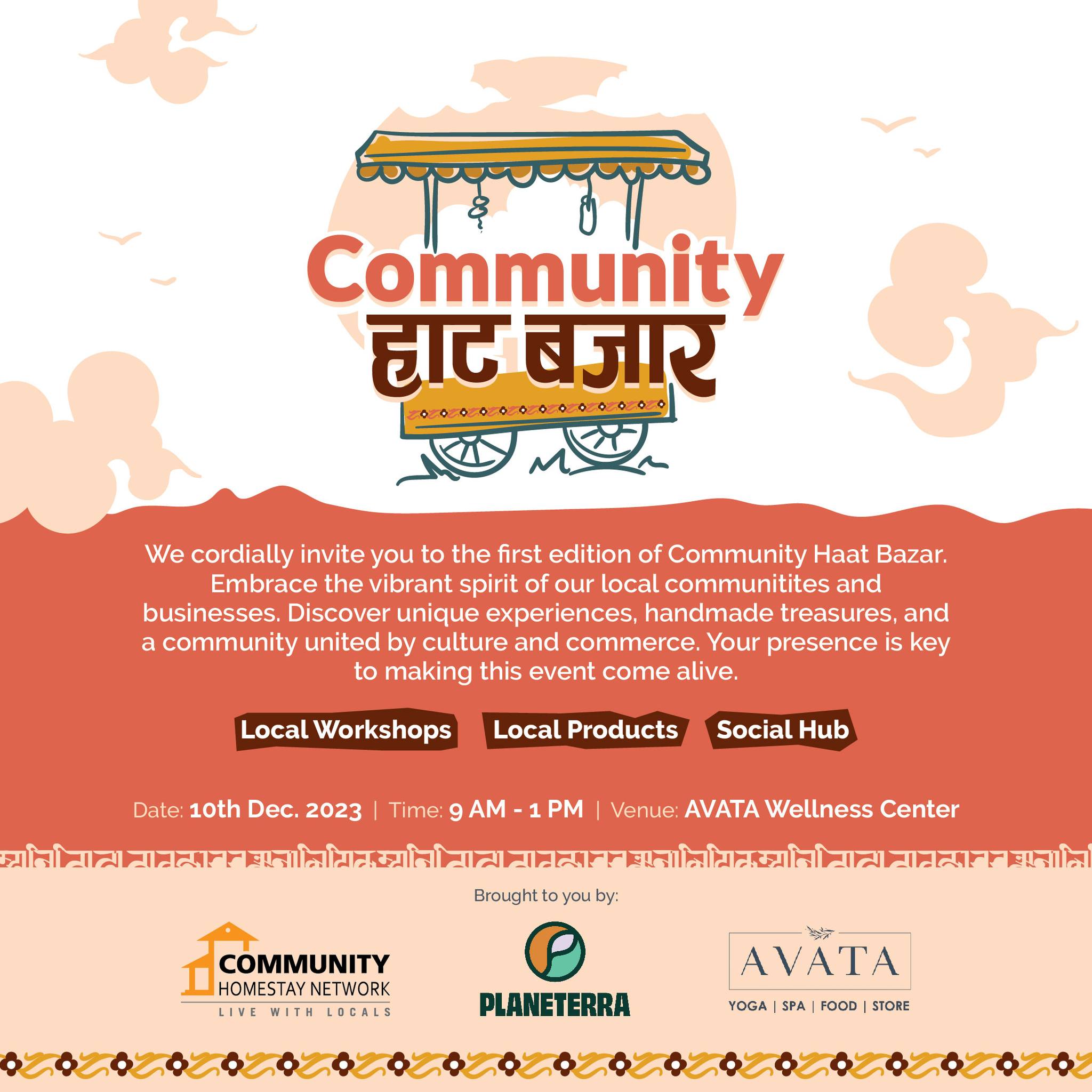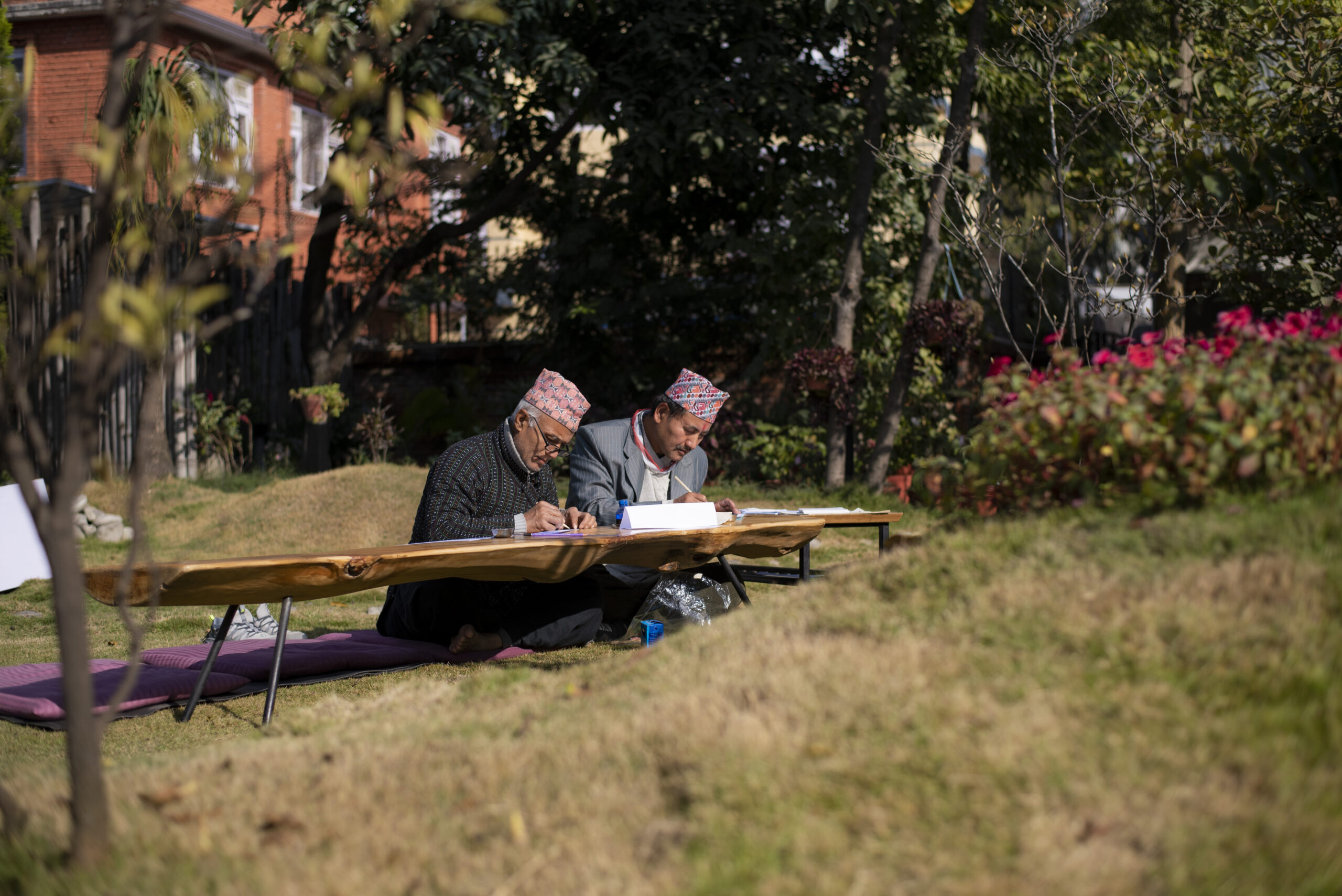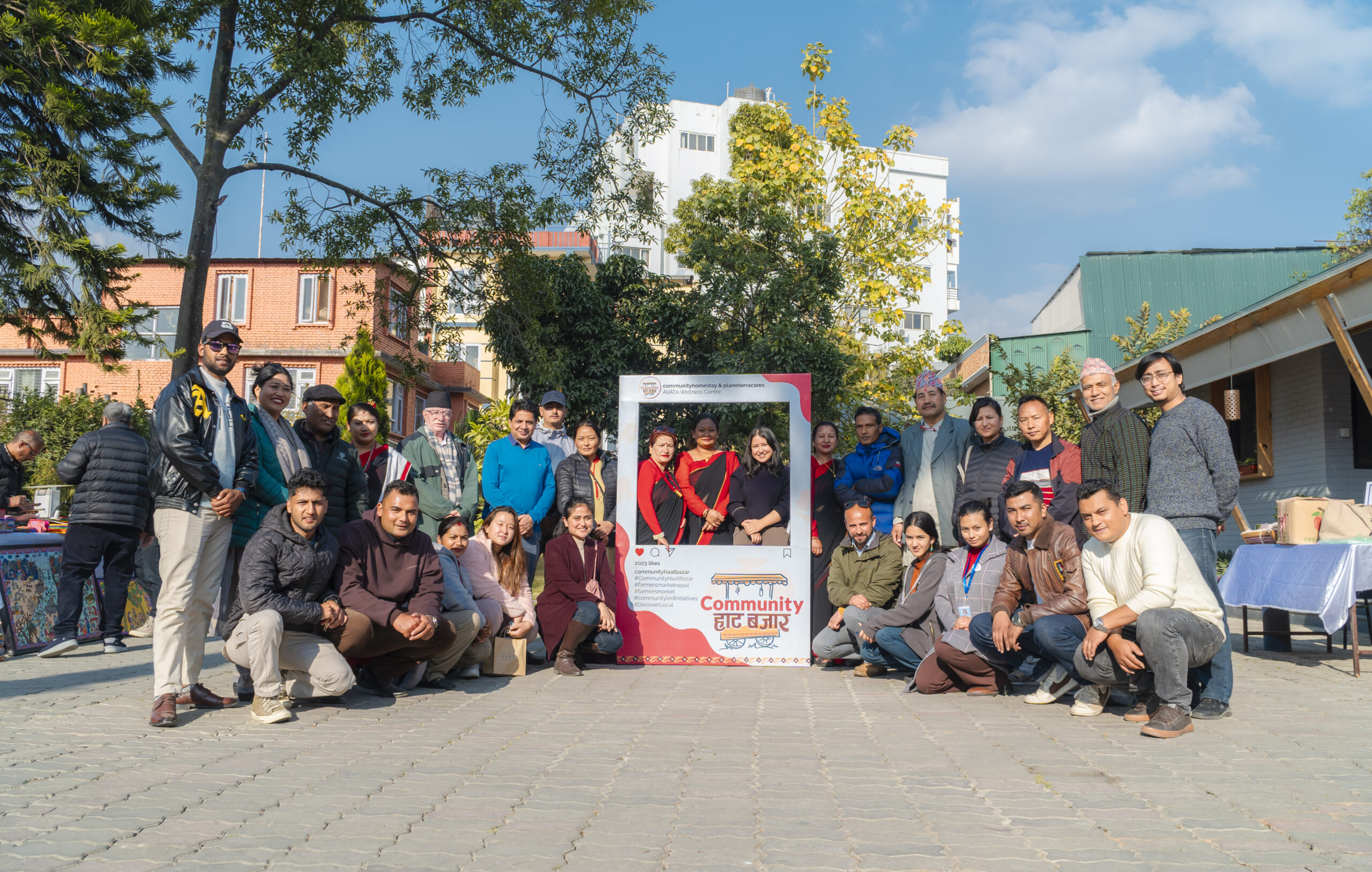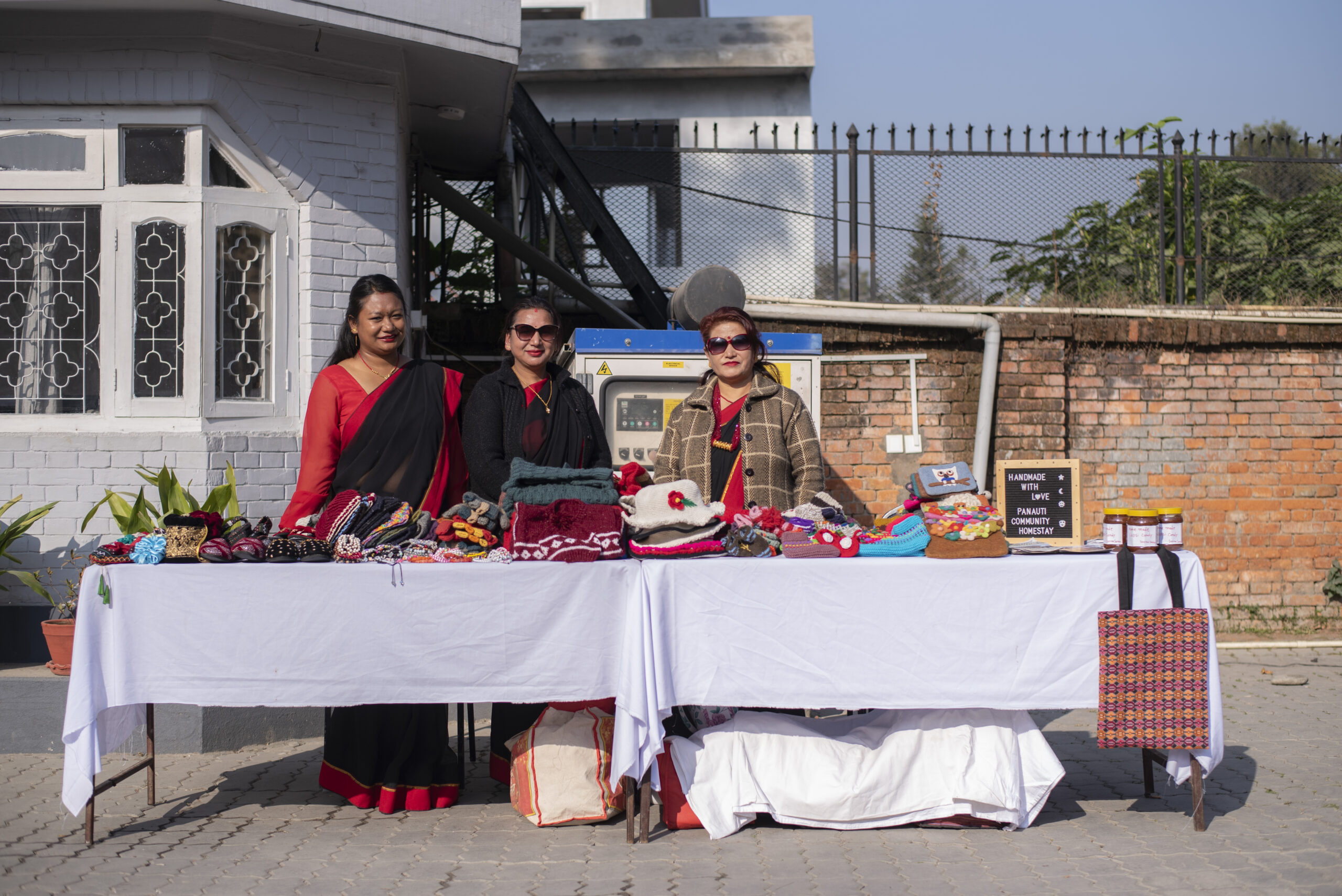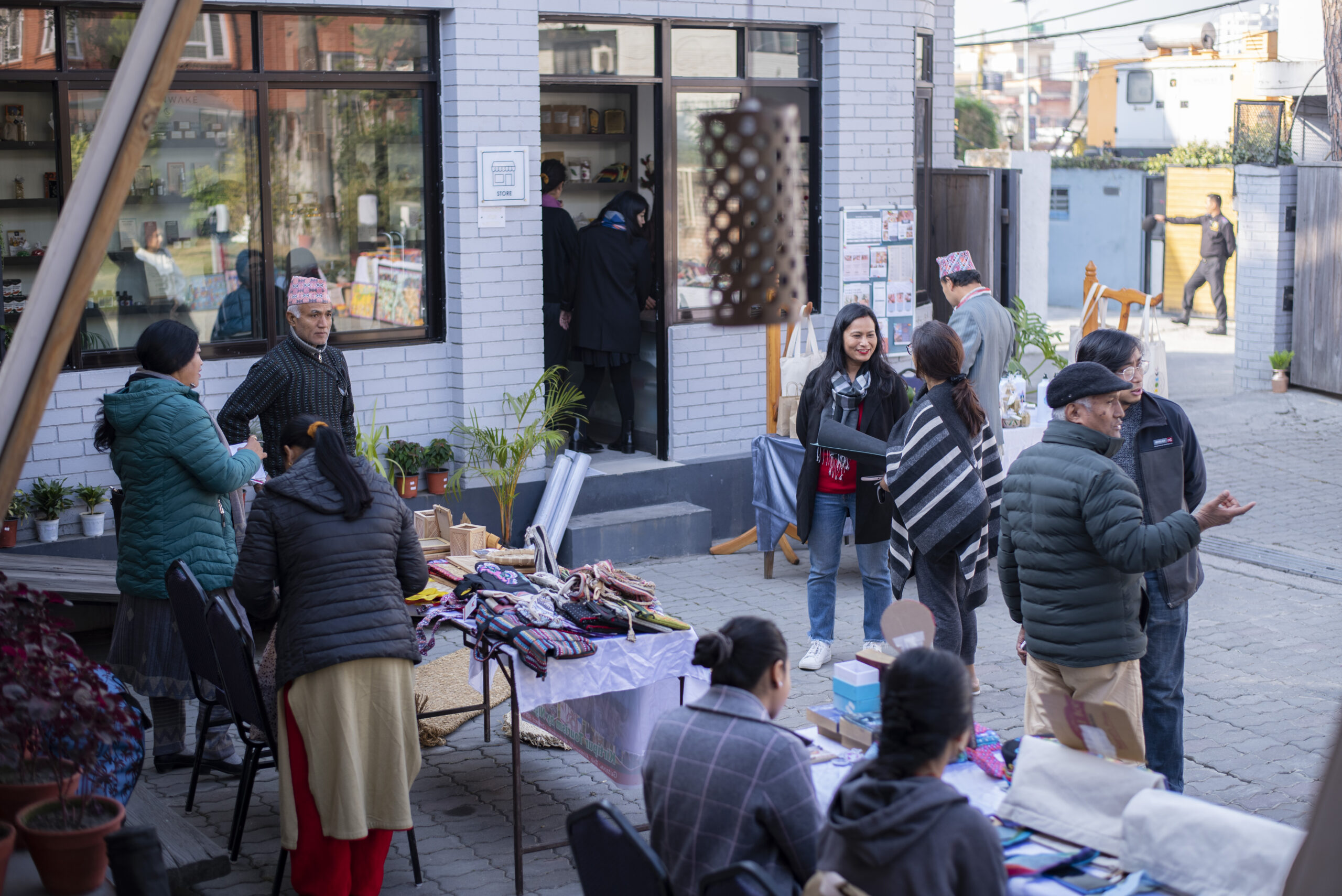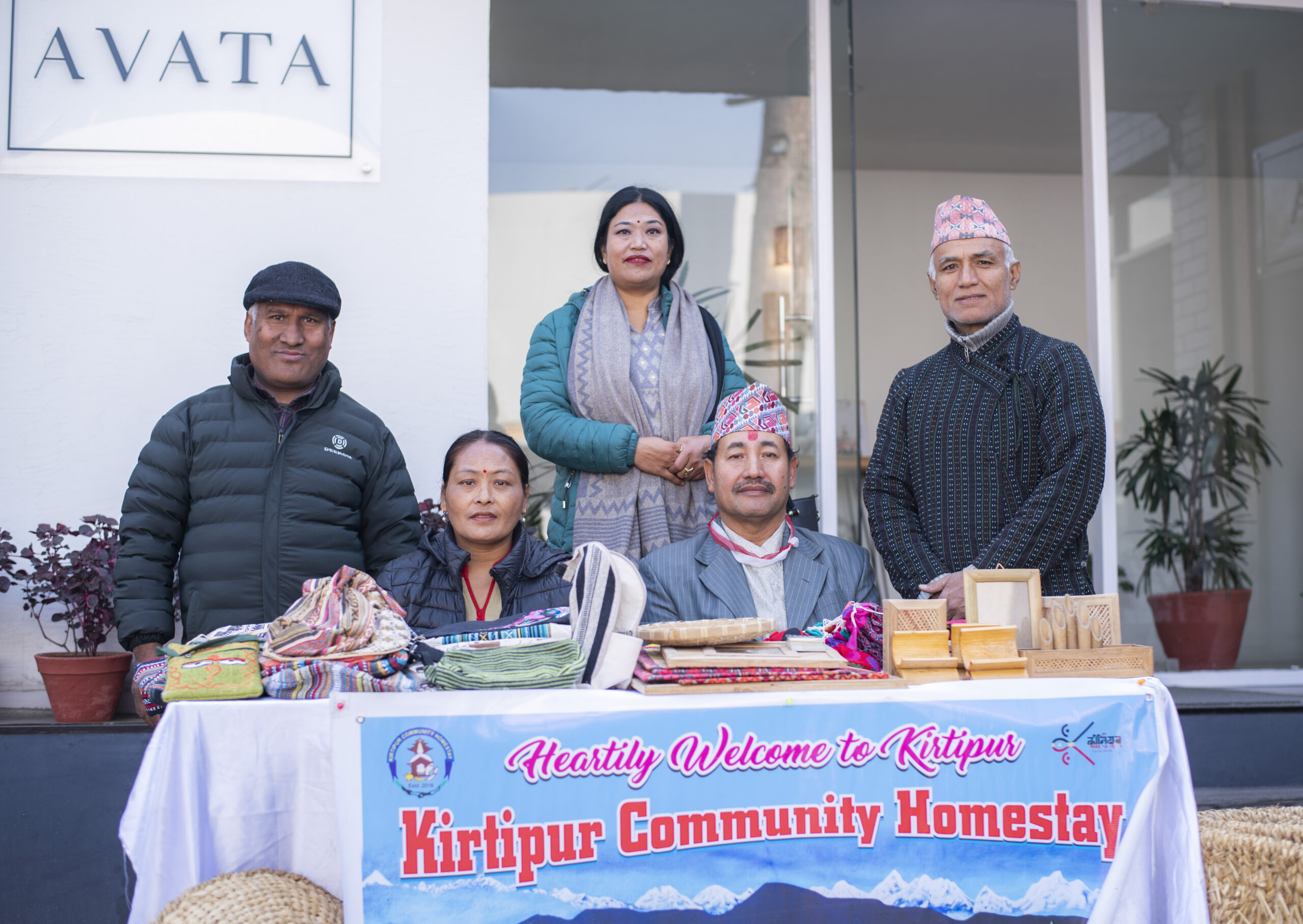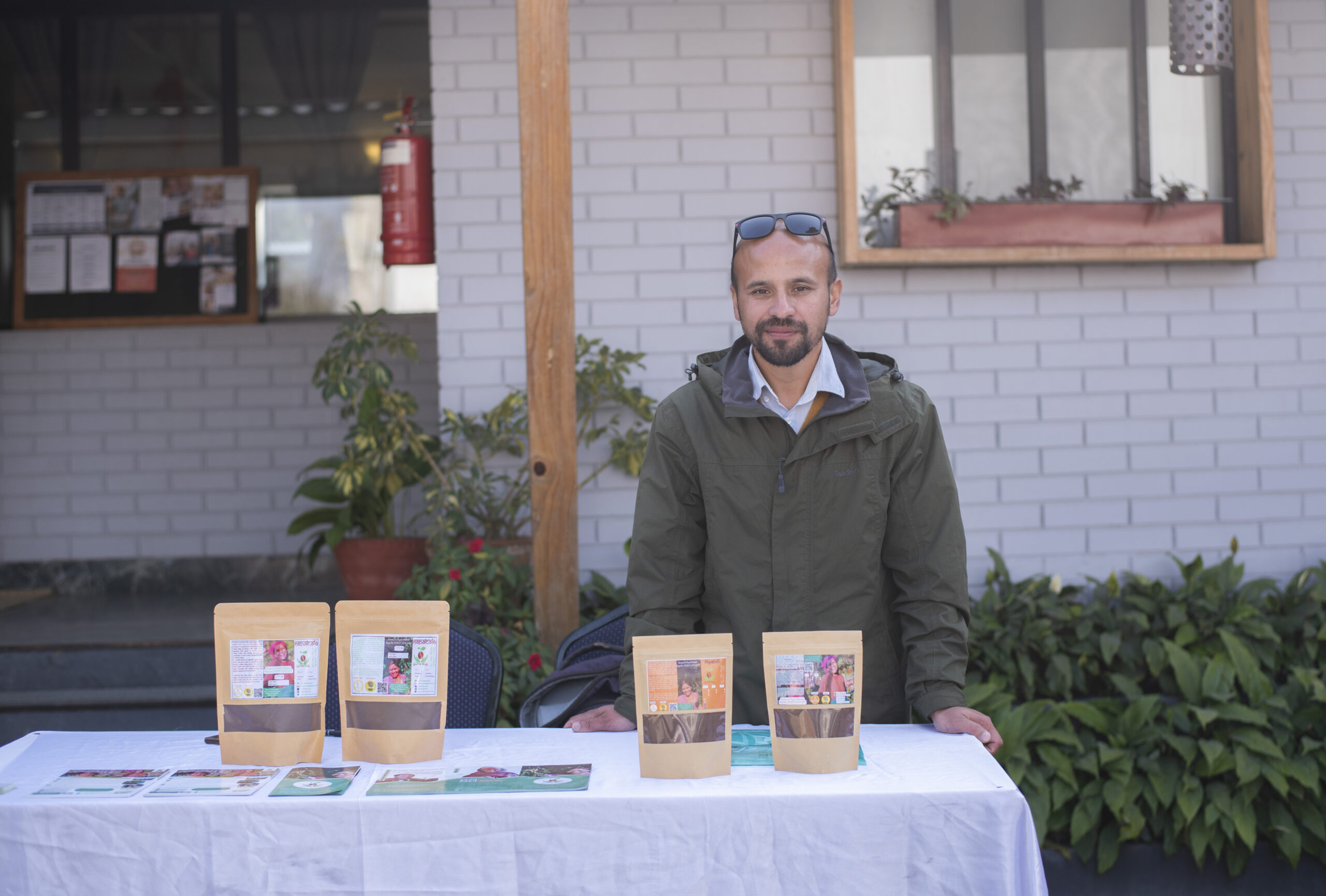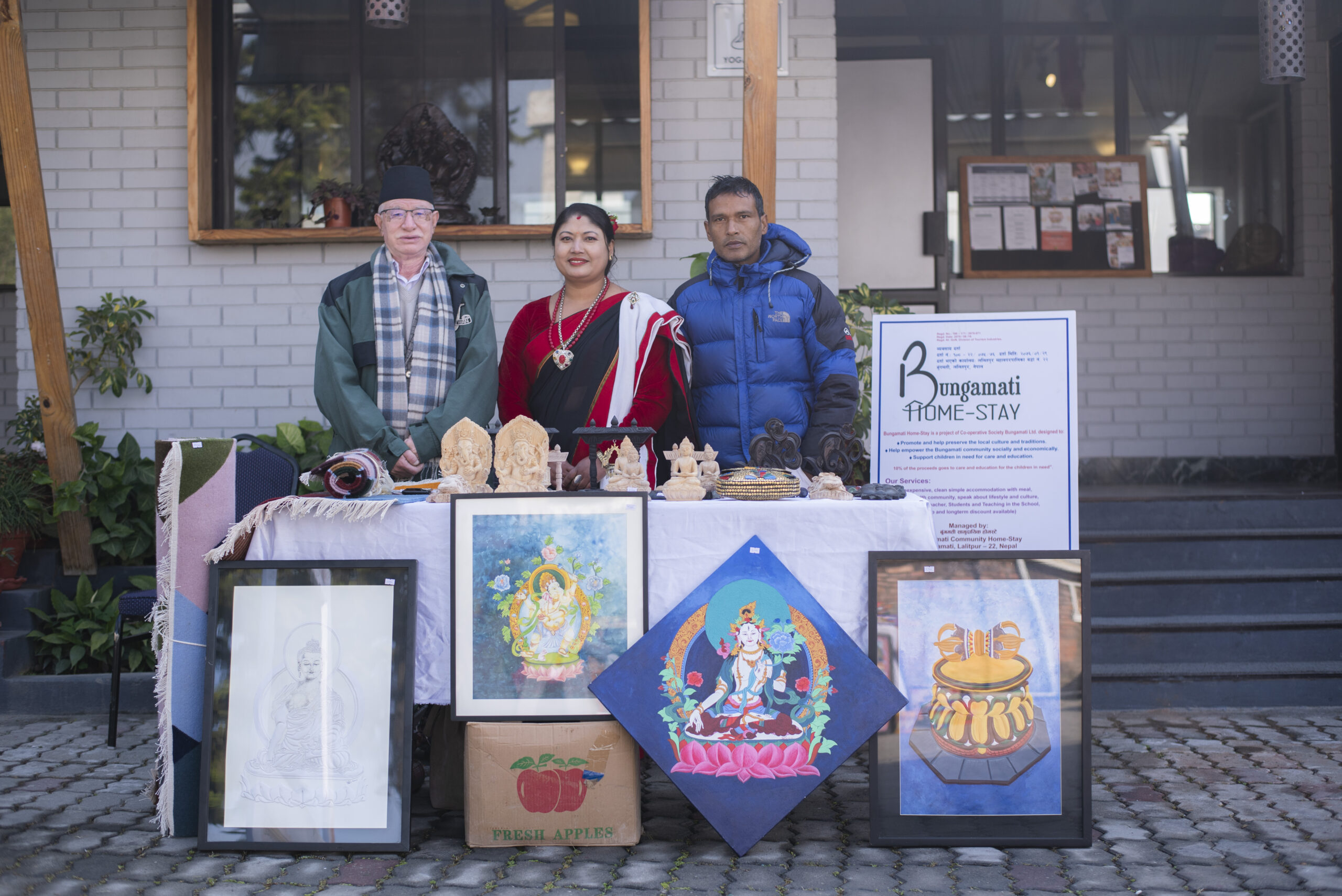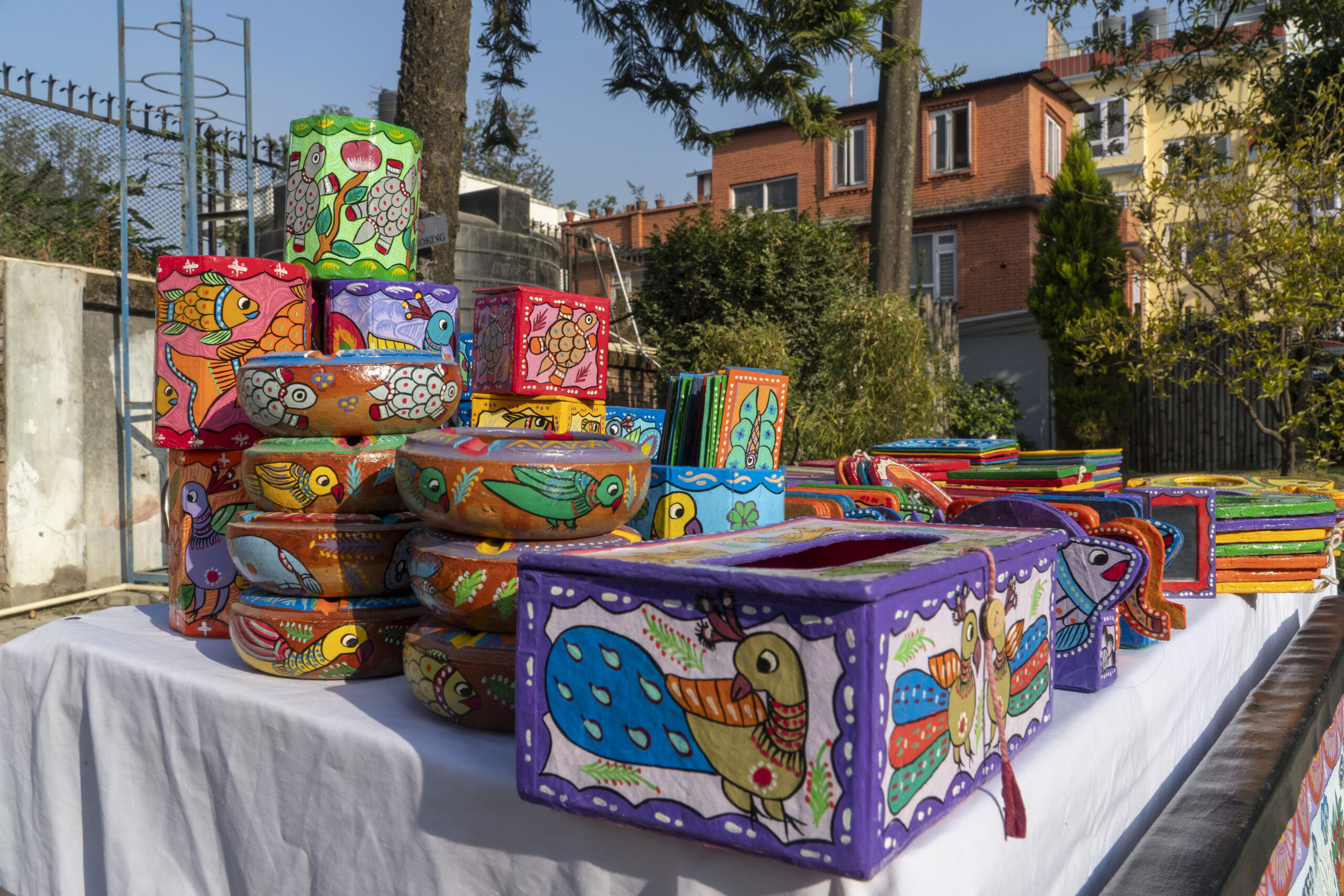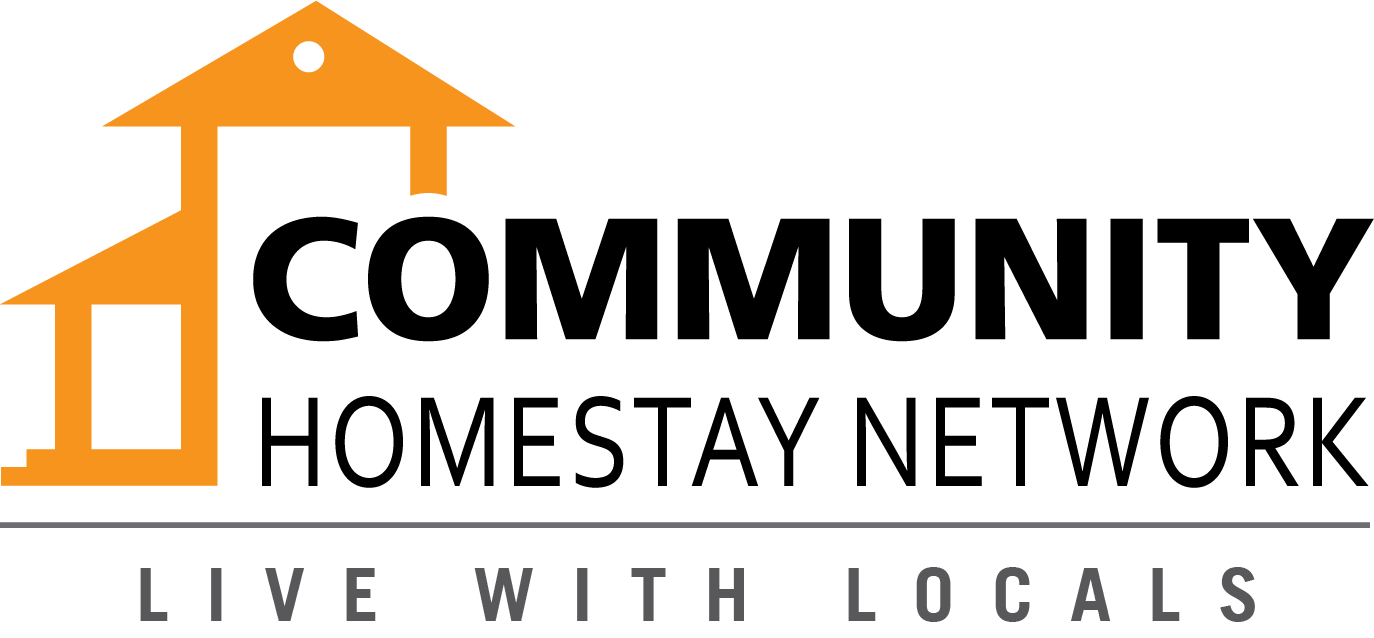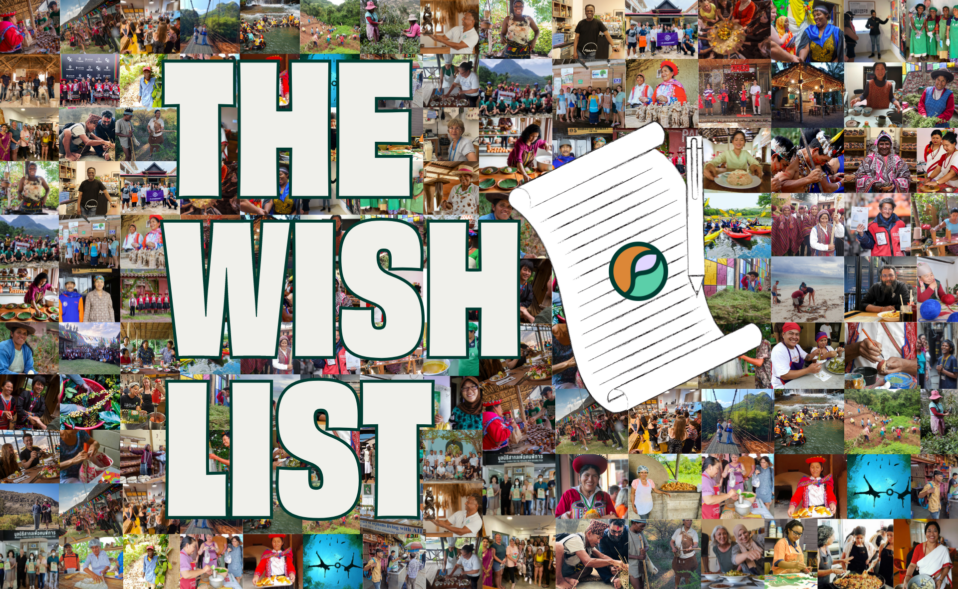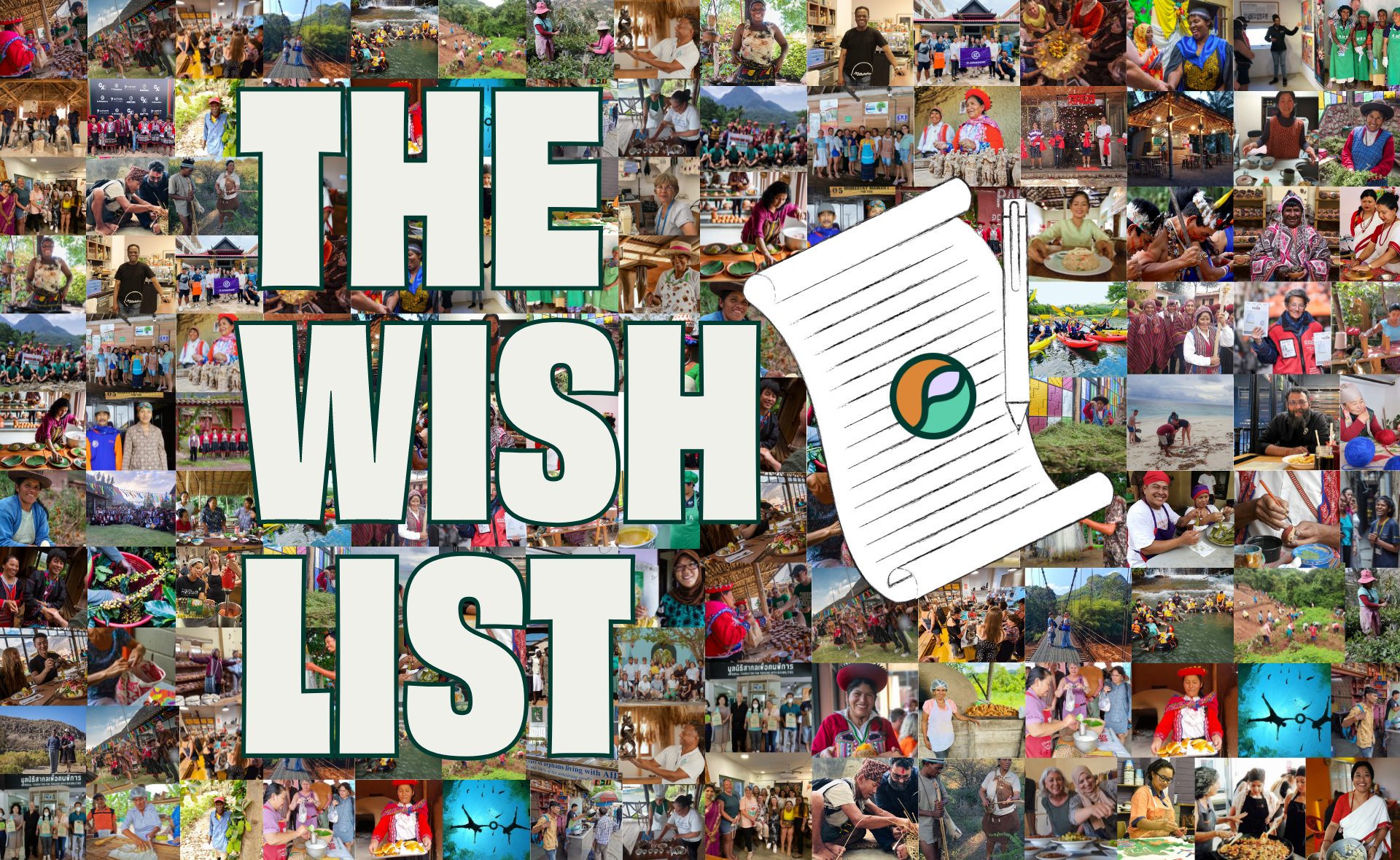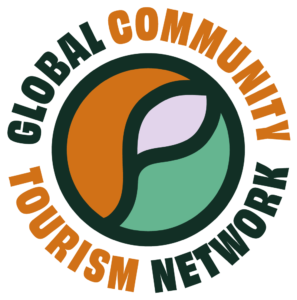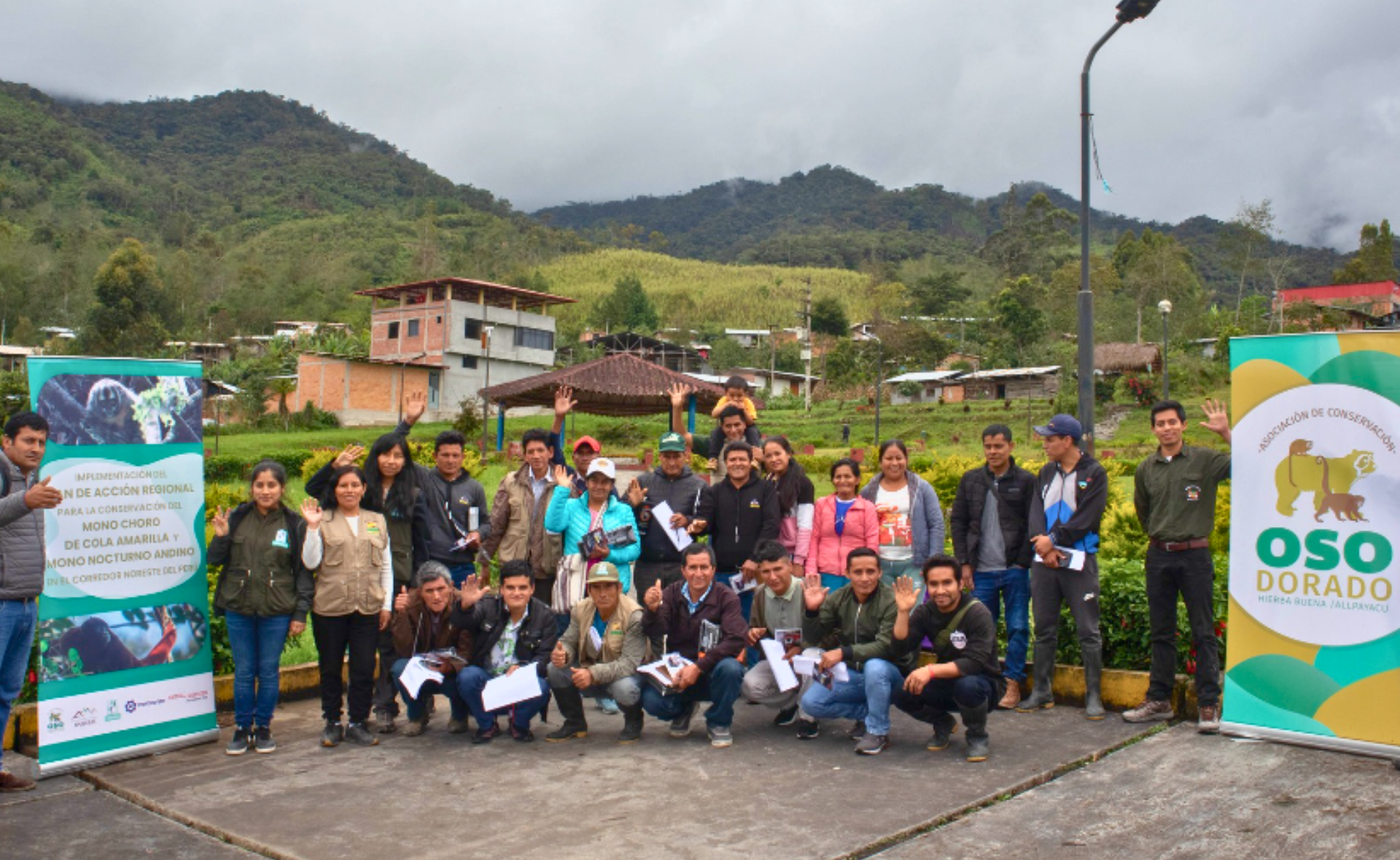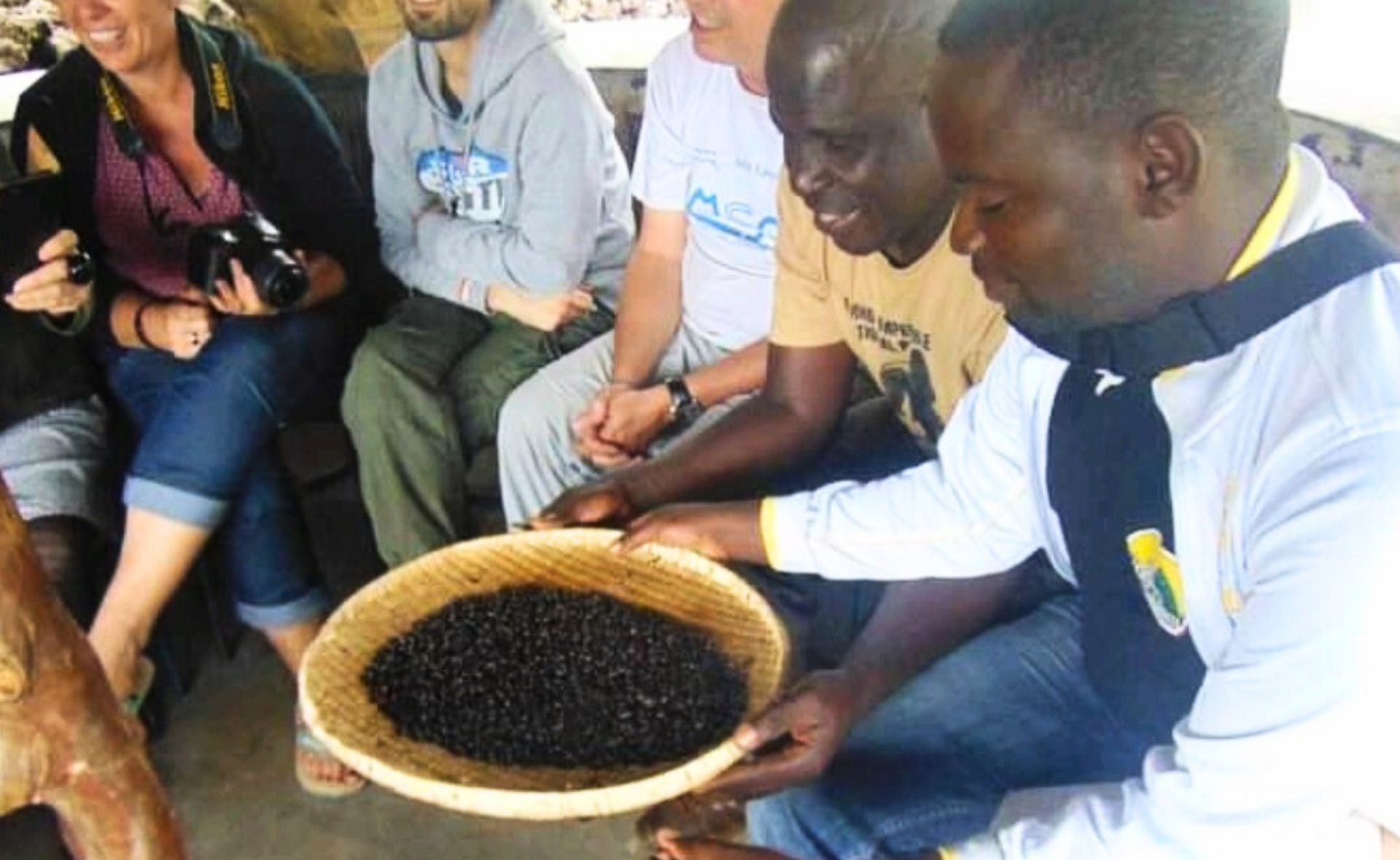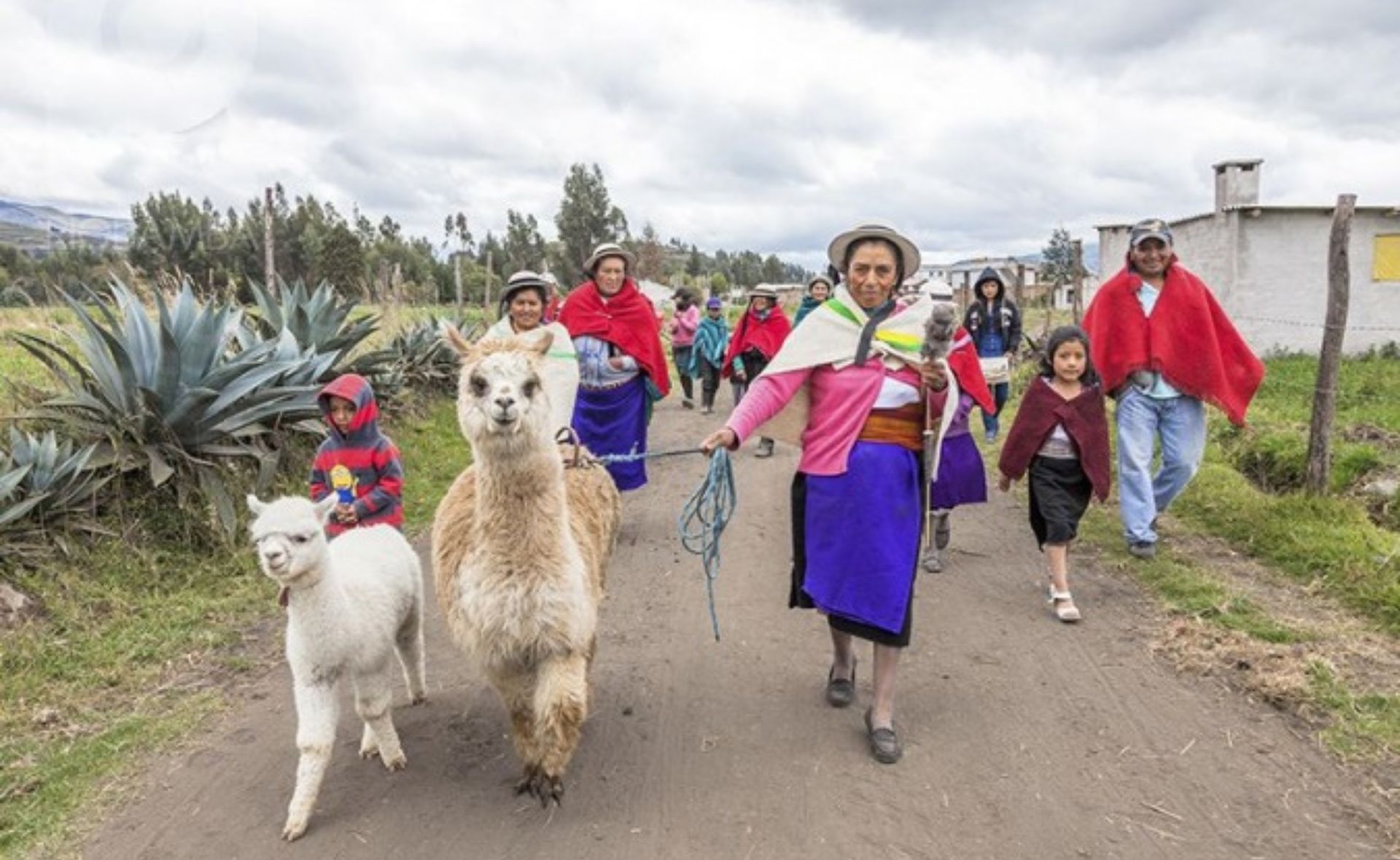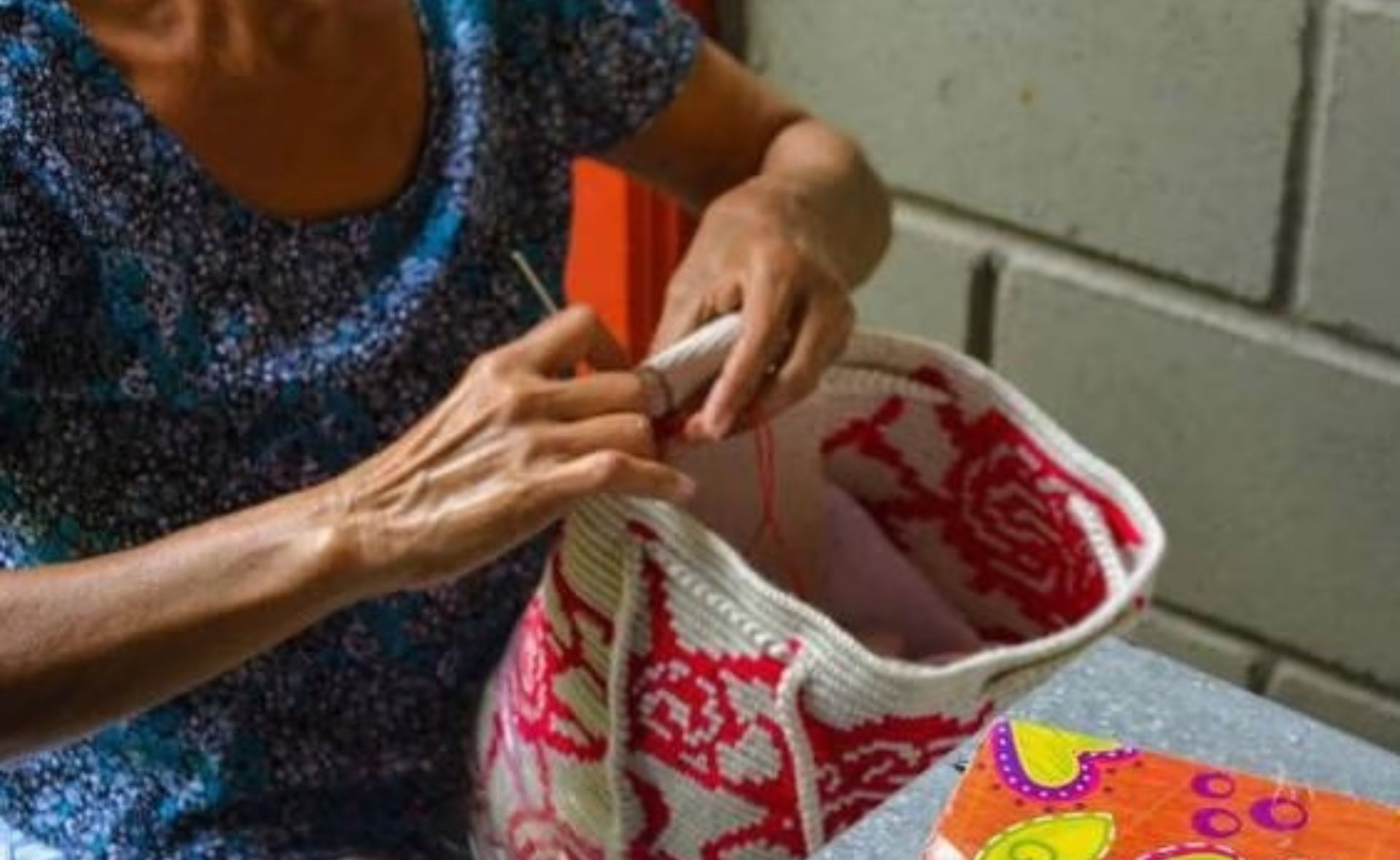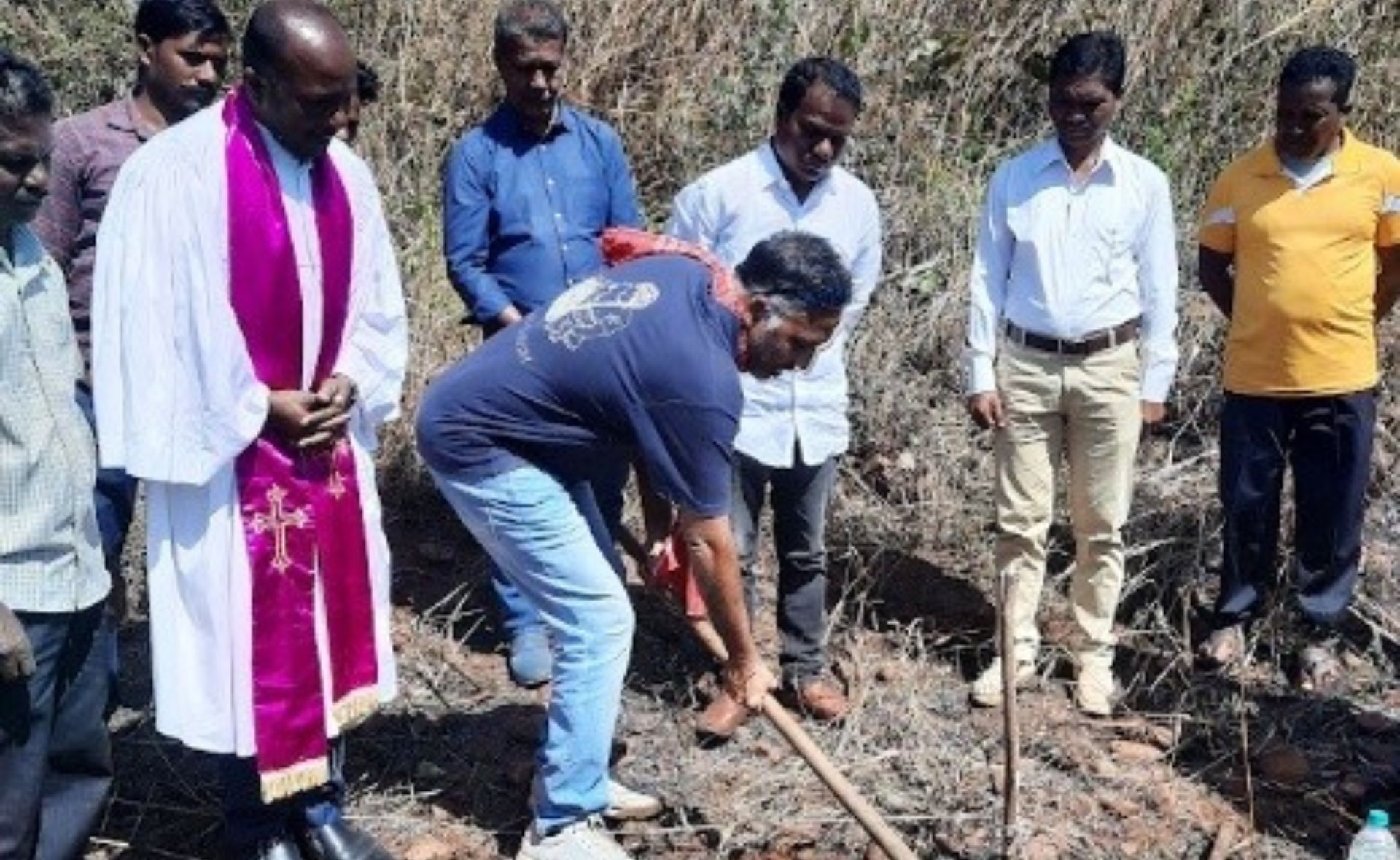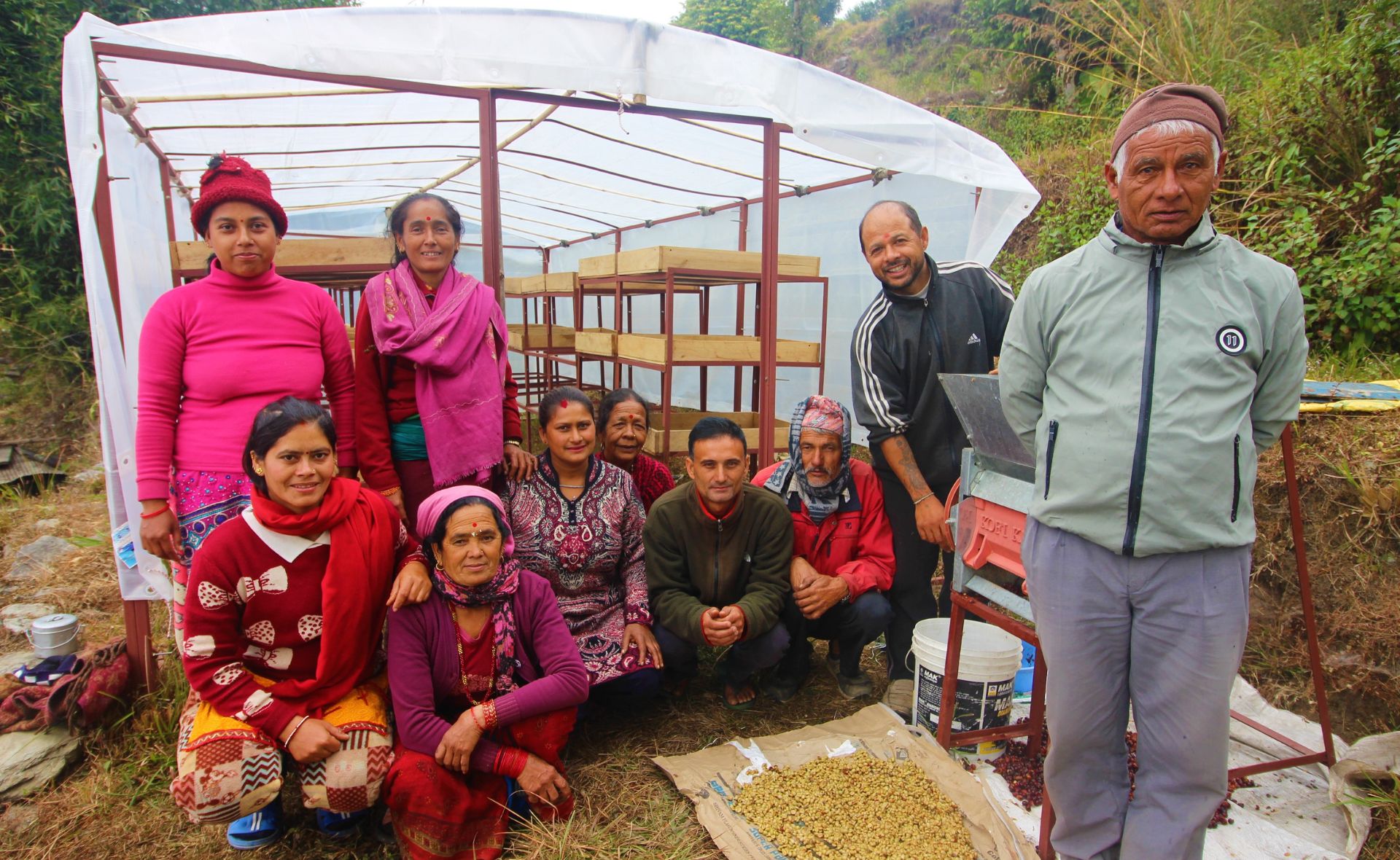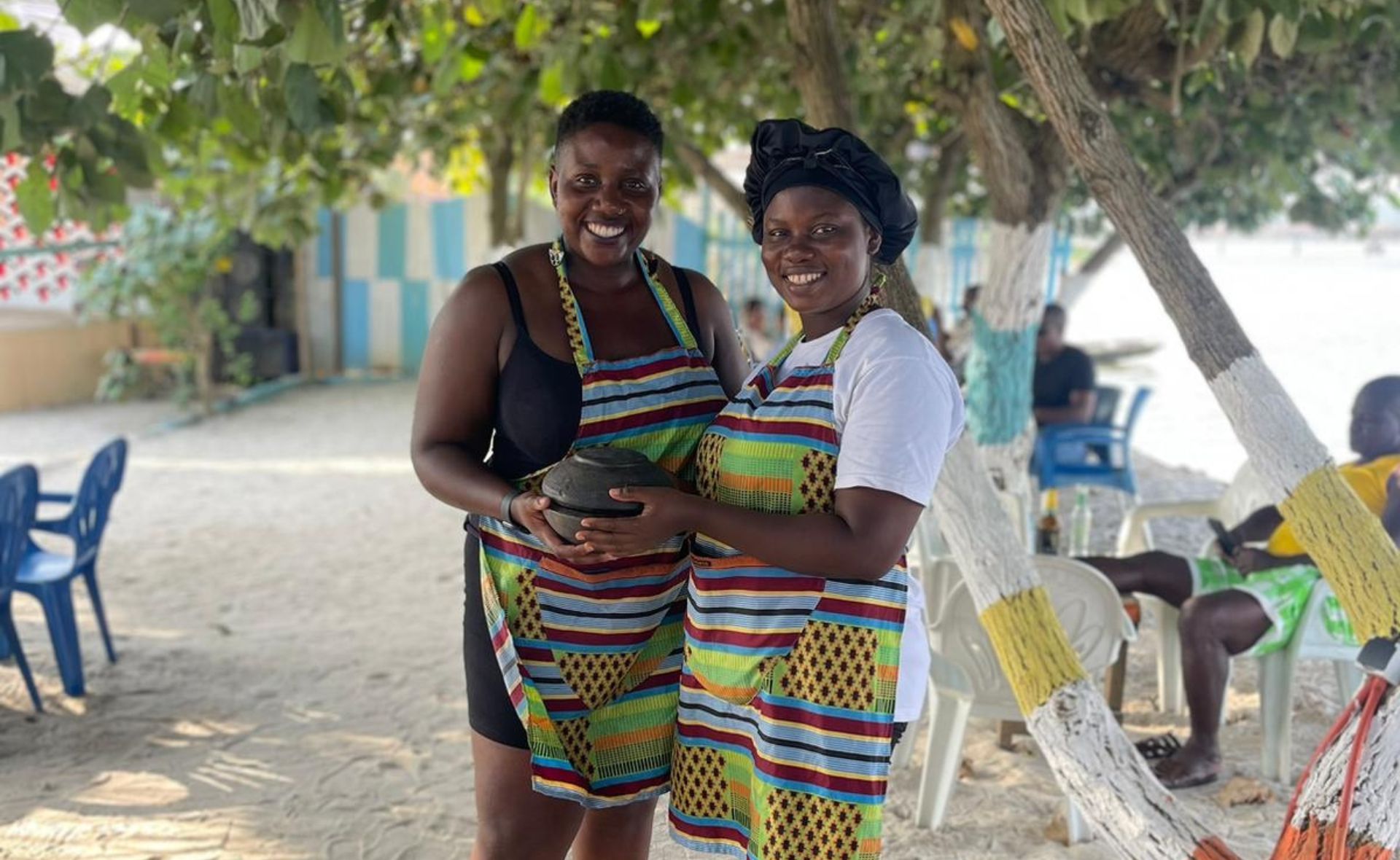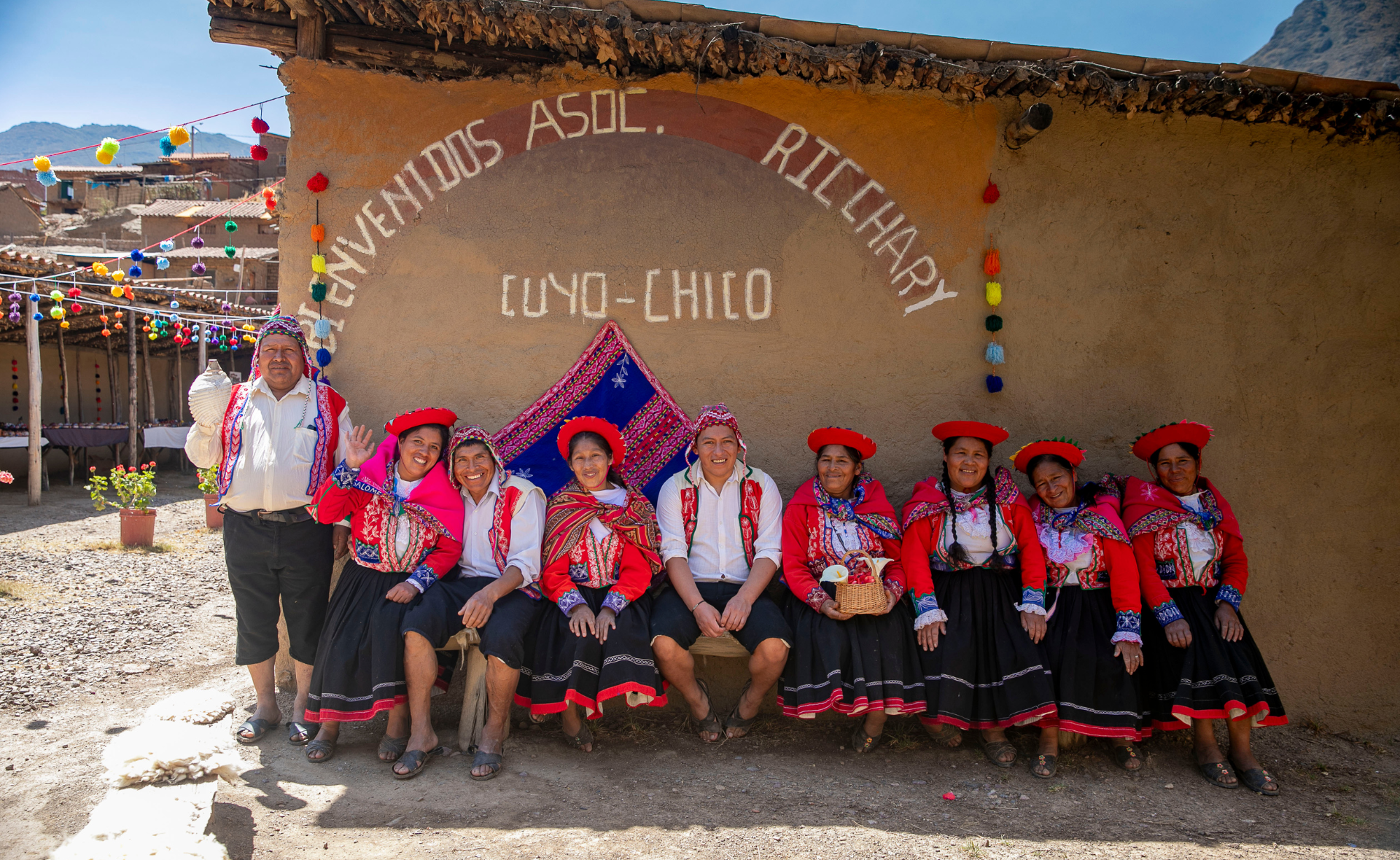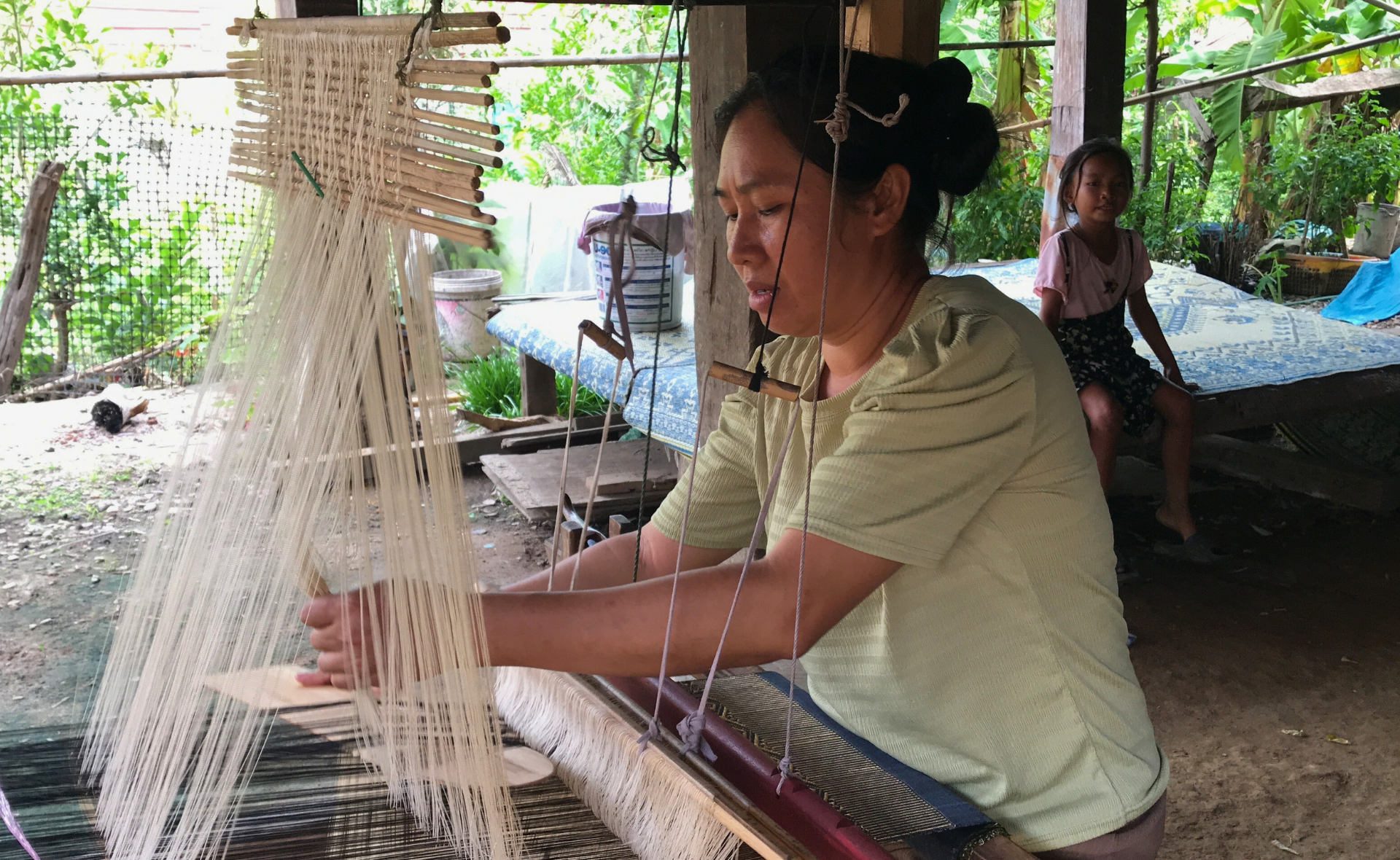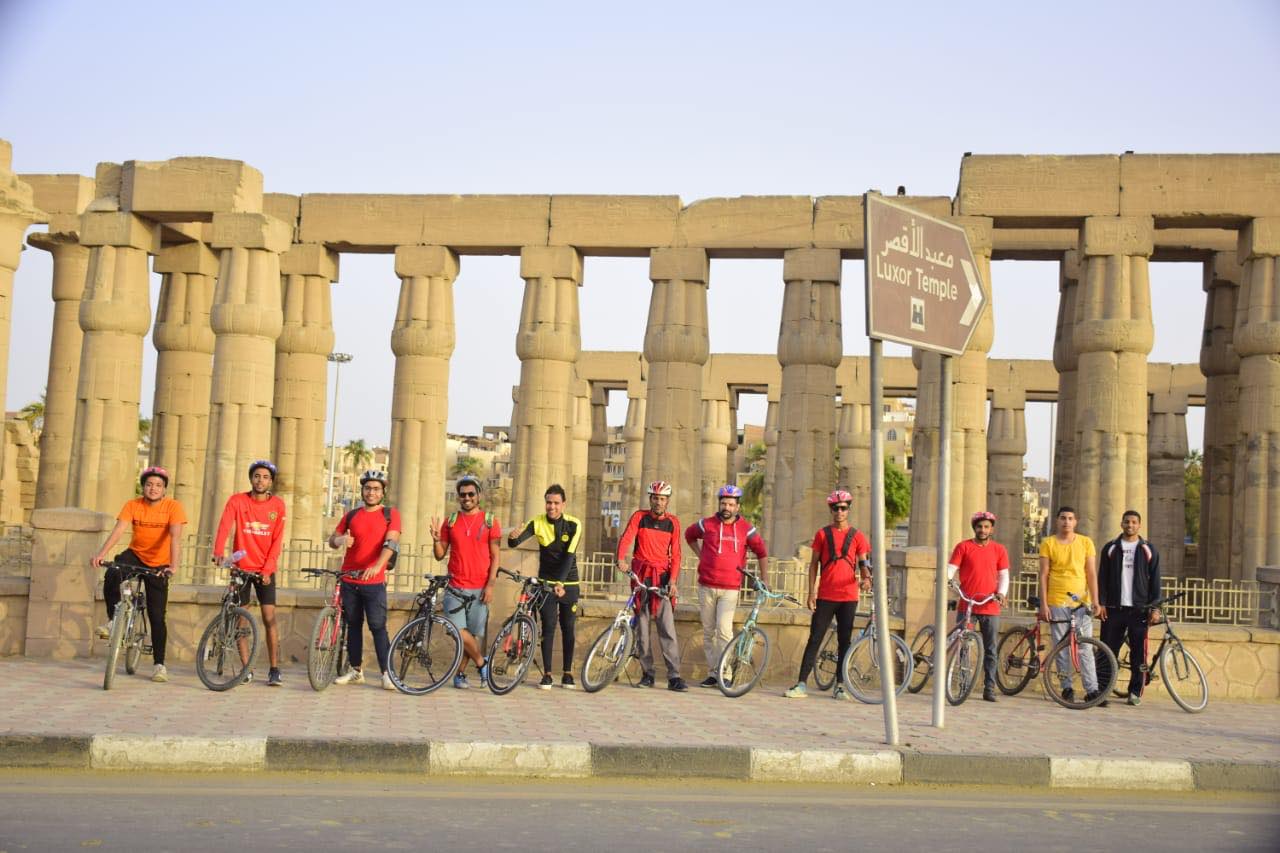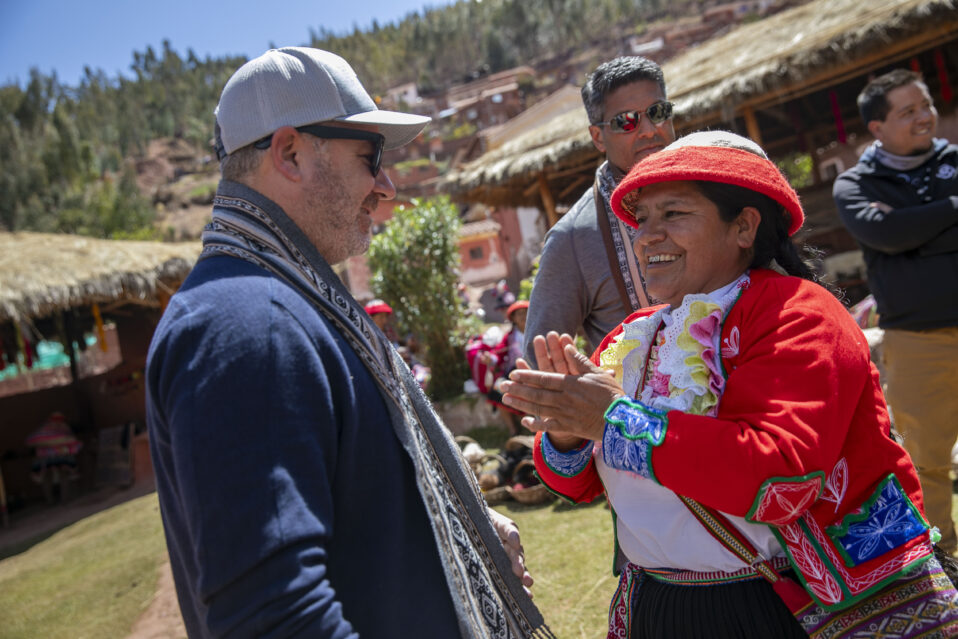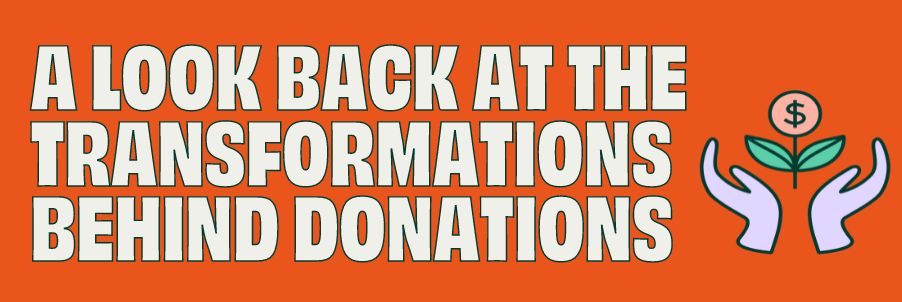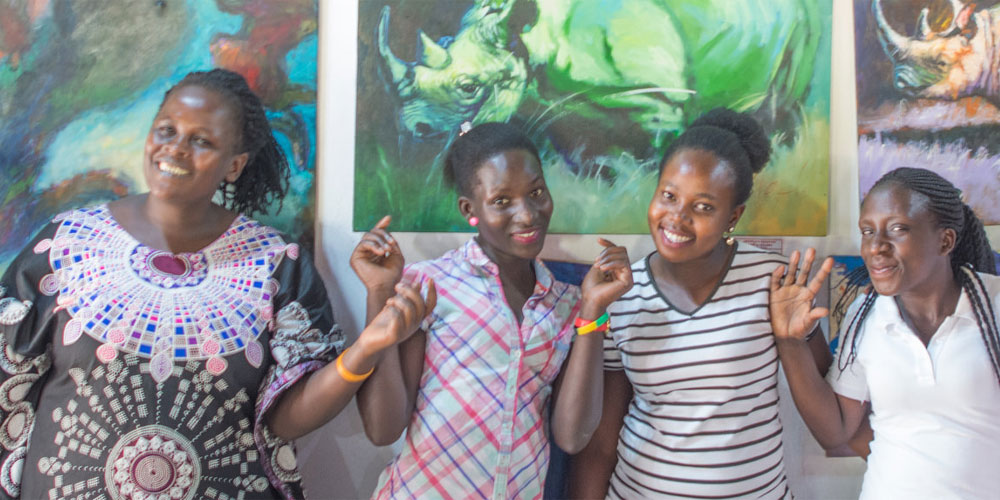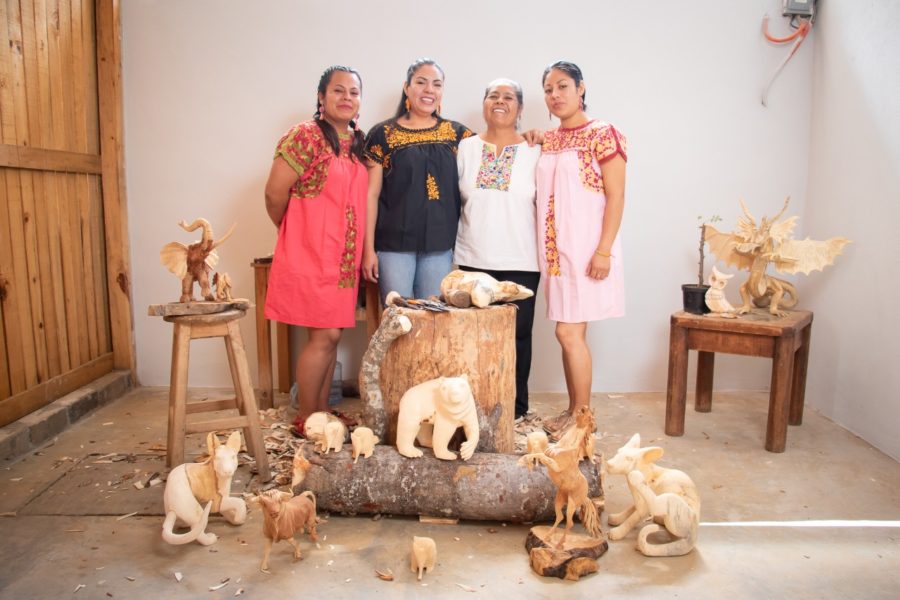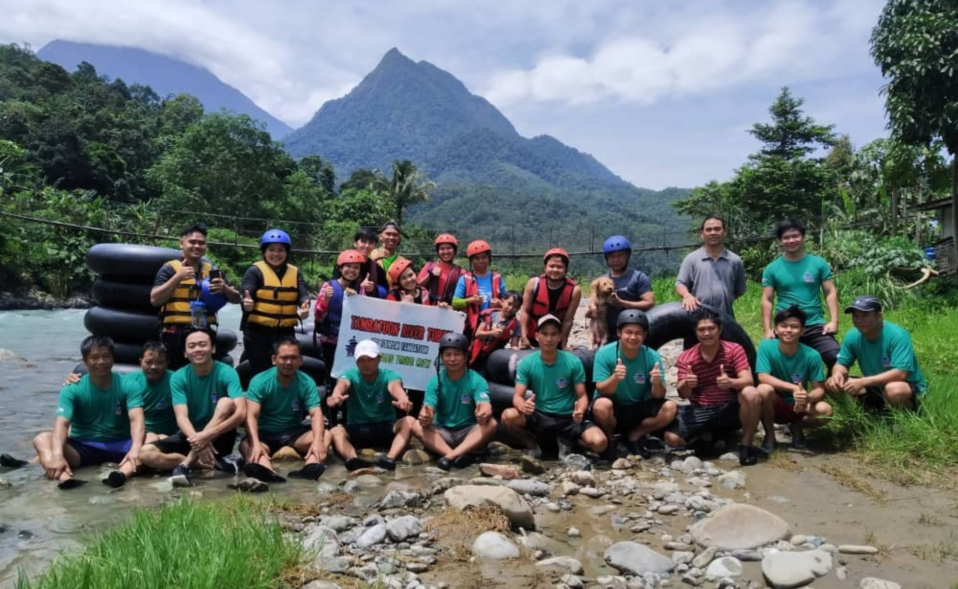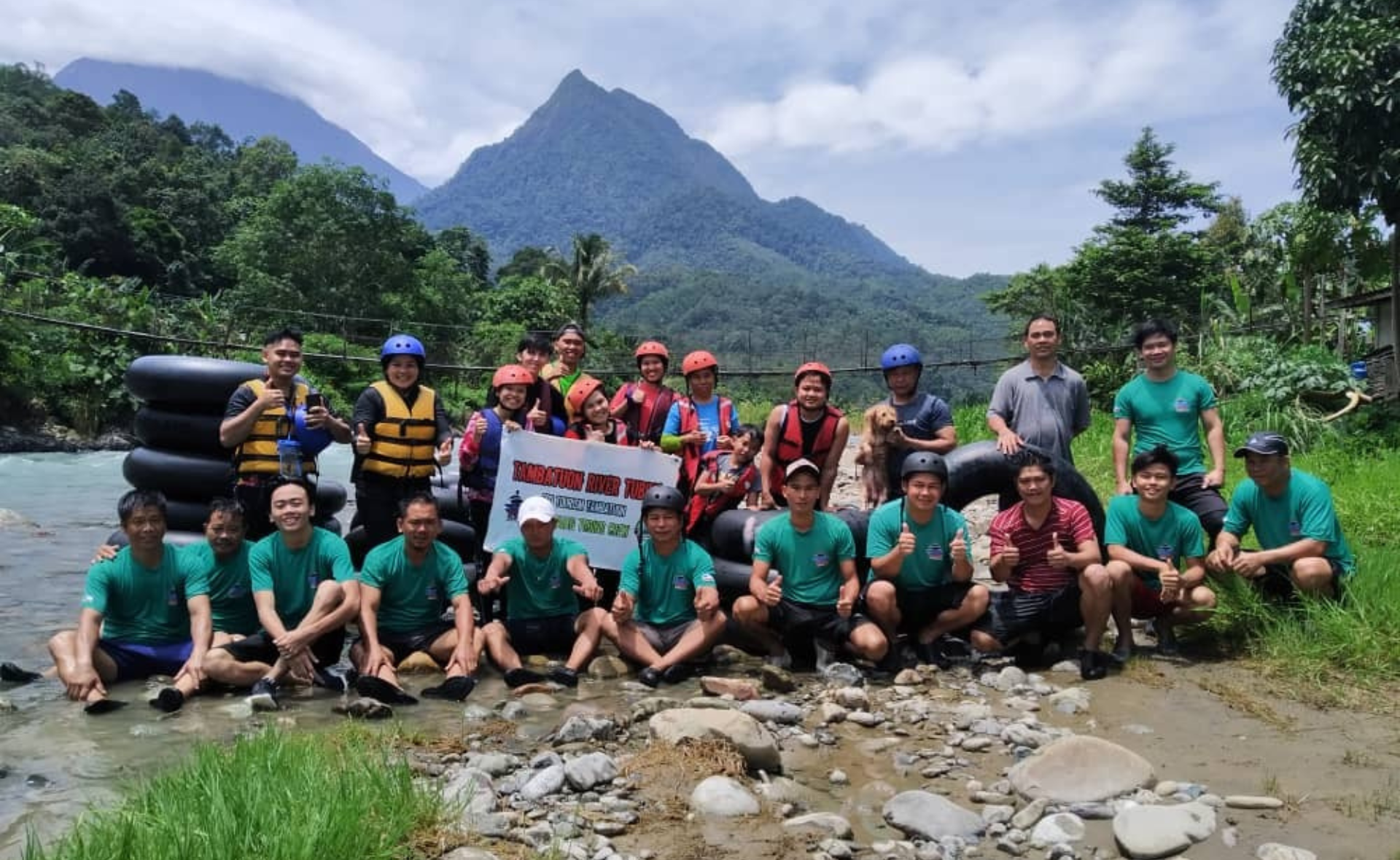Written by Serena Hejazi
Just a short two-hour drive from the well-known Uyuni town, you’ll find the peaceful village of Santiago de Agencha. It’s a place where time seems to slow down, offering a break from the rush of everyday life. But underneath this calm surface, the village faced some big challenges.
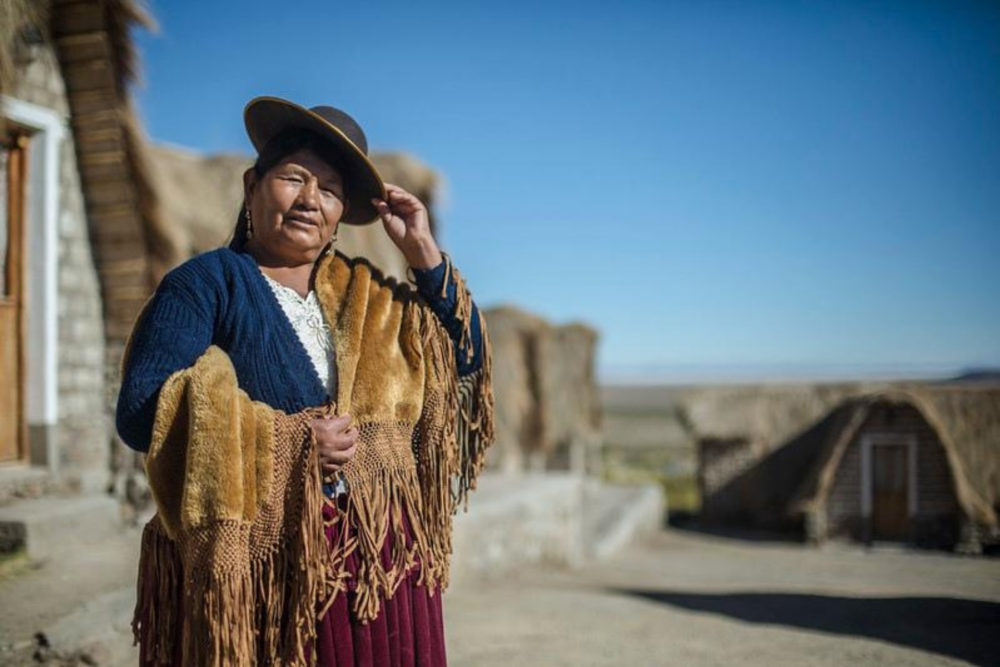
With only about 280 people living here, Santiago de Agencha deals with issues similar to many small towns. Younger people often leave for cities in search of better jobs, leaving behind mostly older folks and kids. This makes it tough for the village to keep up its traditions and culture.
Living here is also pricey because the village is far from big cities, even though most people don’t earn much. And on top of that, there are often droughts that threaten the crops they rely on, like quinoa, which makes life even harder.
Despite challenges, the people of Santiago de Agencha are dedicated to keeping their way of life alive. Through things like sustainable farming and eco-tourism, they’re working toward a better future while honouring their heritage.
Tourism, especially at places like Jukil Lodge, plays a big part in this. It brings in money for the village and helps people from different places learn about their way of life. It’s a way for visitors to really connect with Santiago de Agencha and its people.
Thanks to travellers passing through from Uyuni to the Atacama Desert in Chile, places like Jukil Lodge (a homestay located in Santiago de Agencha) have popped up, offering a cozy place to stay in the mountains.
Before Jukil Lodge teamed up with Planeterra, things were tough. Not many tourists came, and it was hard for the locals to make a living. But now, with about 300 visitors every month, the lodge has become more than just a place to stay—it’s a way for six local families to earn a living.
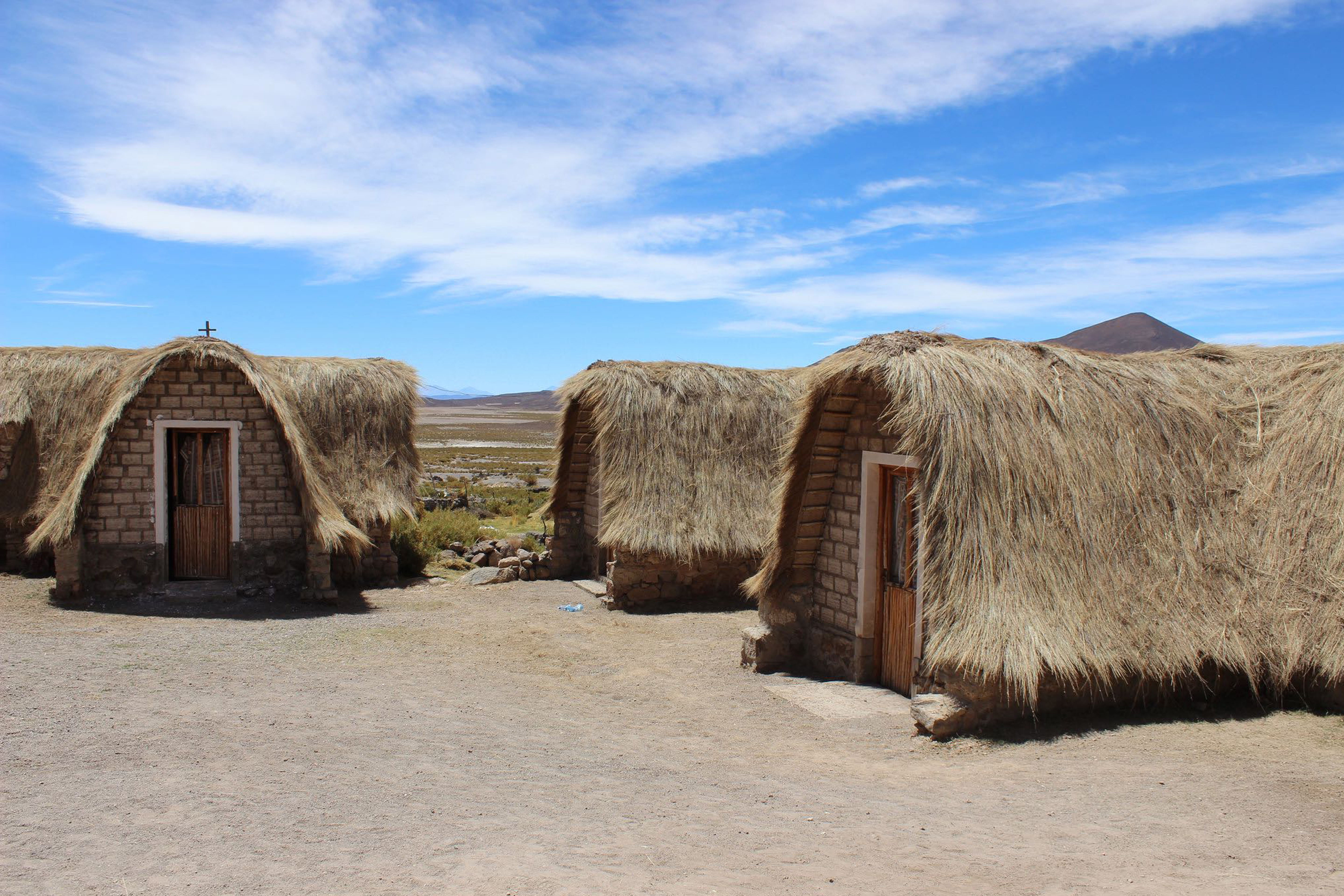
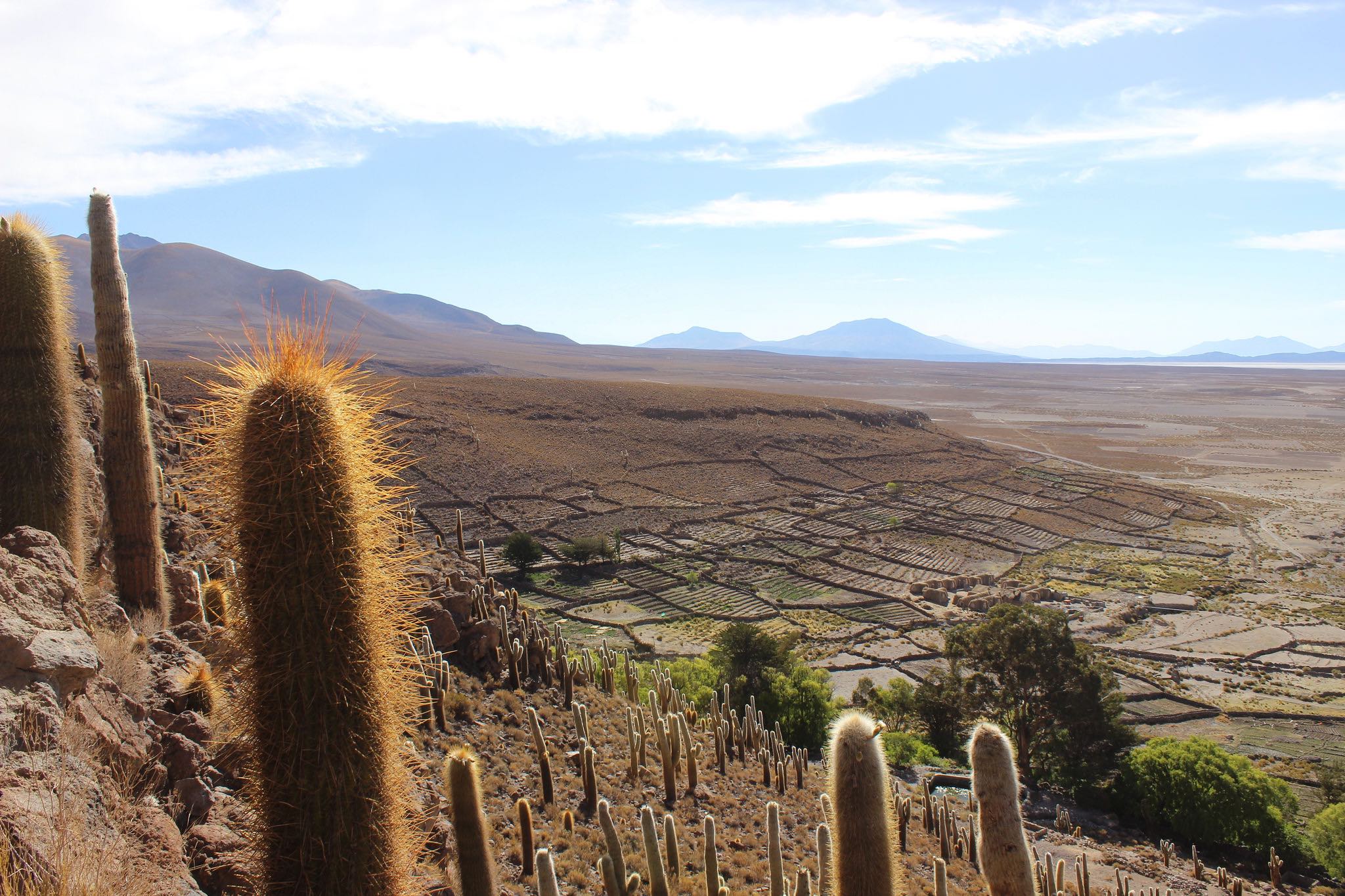
My own trip to Jukil Lodge was amazing. As we drove through the winding roads, surrounded by stunning views, I knew I was in for something special. The staff were so friendly, and the cabins were cozy and welcoming. Waking up to the sounds of nature outside my window was pure joy.
As travellers, it’s important for us to be respectful and mindful of the impact we have on places we visit. By supporting places like Jukil Lodge and embracing the culture of places like Santiago de Agencha, we can help make the world a better and more connected place.
So, if you’re looking for an adventure that’s exciting and peaceful at the same time, I highly recommend visiting Jukil Lodge in Bolivia. It’s an experience you’ll remember for years to come.
About the author:
Serena Hejazi is a passionate traveler and the author of Sere Travels, a blog that focuses on sustainable tourism. Visit http://seretravels.com/ to learn more about Serena’s travels.


